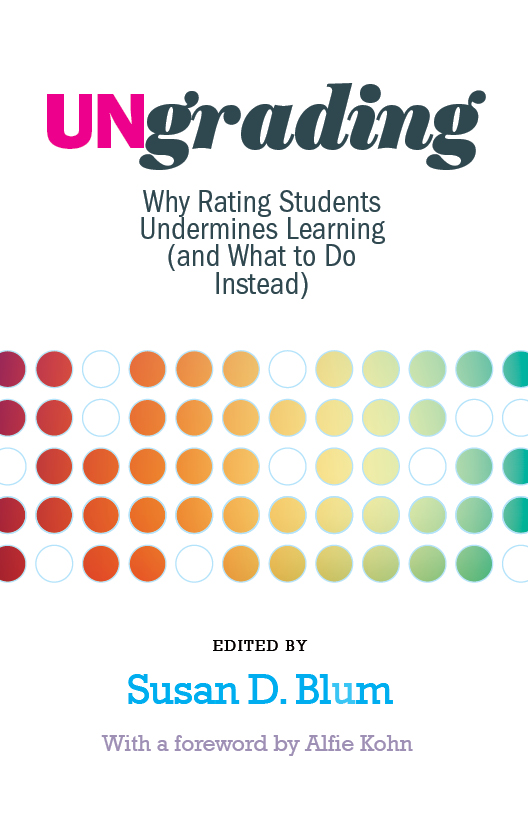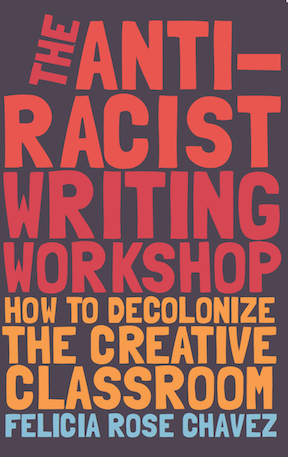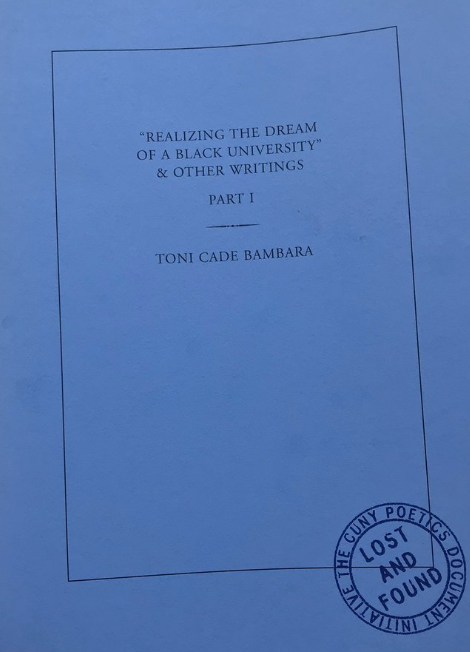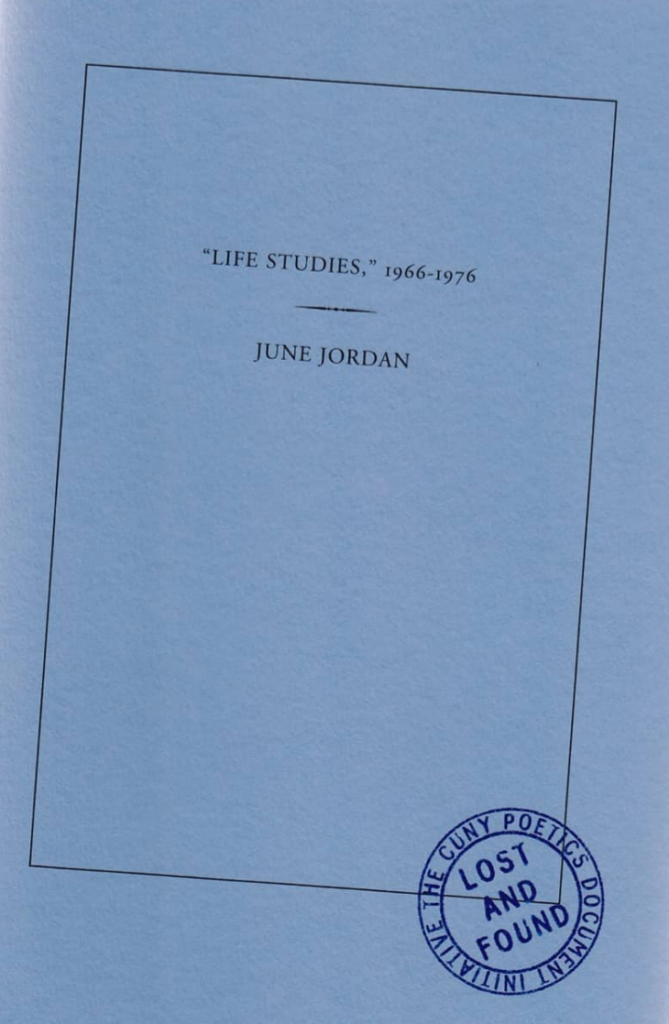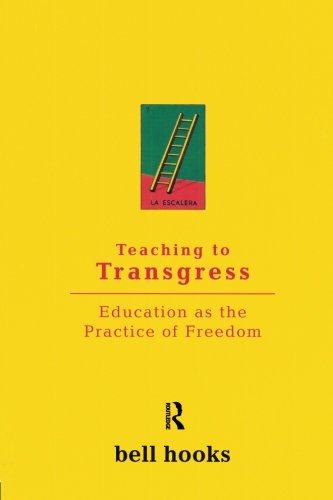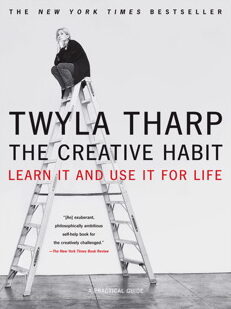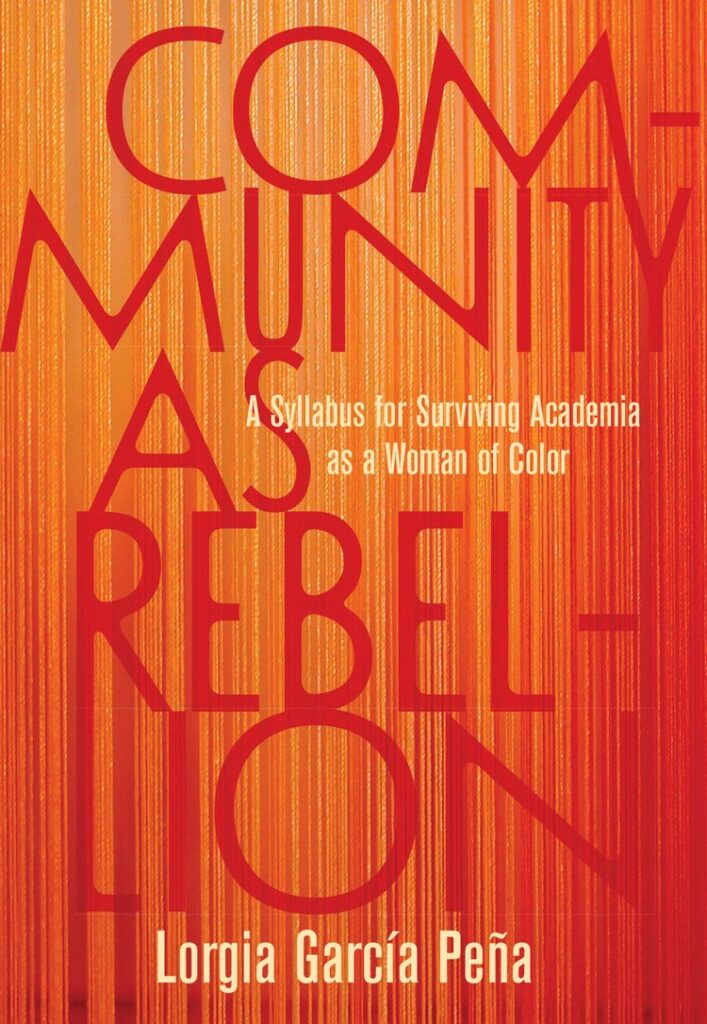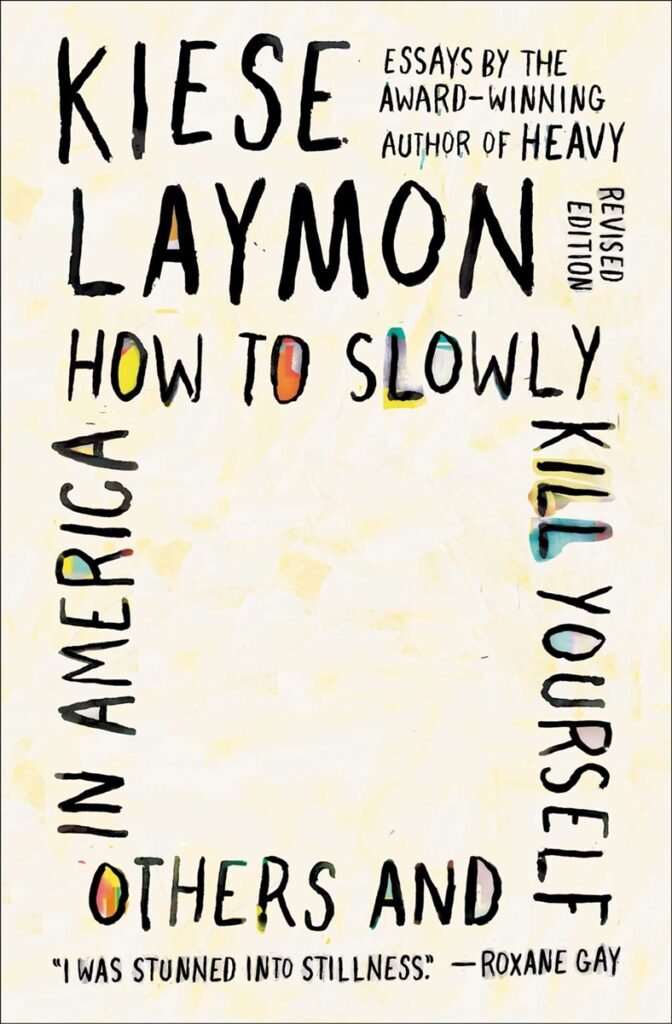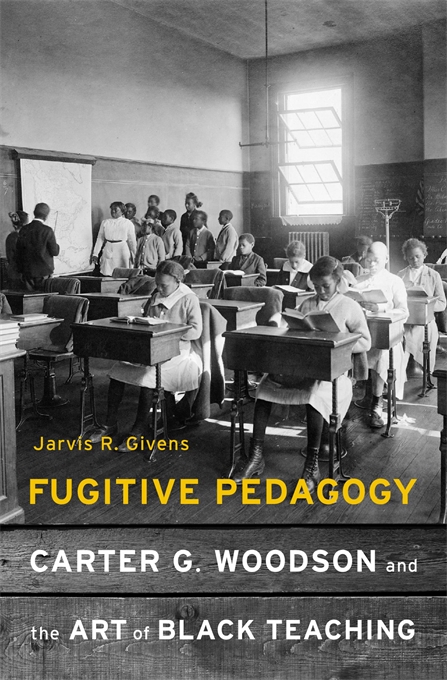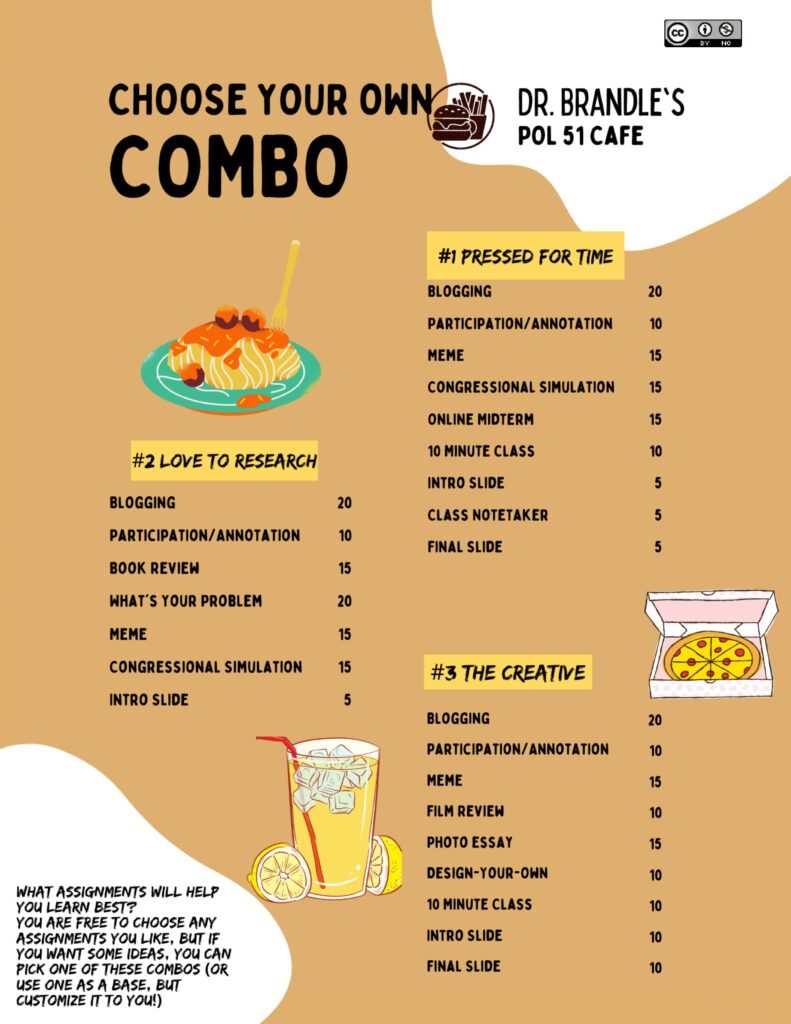102 CUNY Faculty Fellows in the humanities, arts, and interpretive social sciences were selected through a competitive application process to participate in TLH seminars. Fellows came from all ranks, including adjunct faculty, and shared a commitment to transforming higher education. Faculty taught during the seminar, and their students were invited to participate as TLH Mellon Scholars. TLH had a total of six faculty cohorts across four academic semesters, starting in Fall 2021 and ending in Spring 2023. Fellows received technology to support their teaching as well as a fellowship $1,800 fellowship award. They attended a half-day Summer Institute, met for three 2-hour seminar meetings throughout the semester, and produced a collaborative public knowledge project with their colleagues and students. We are so proud of all they accomplished!


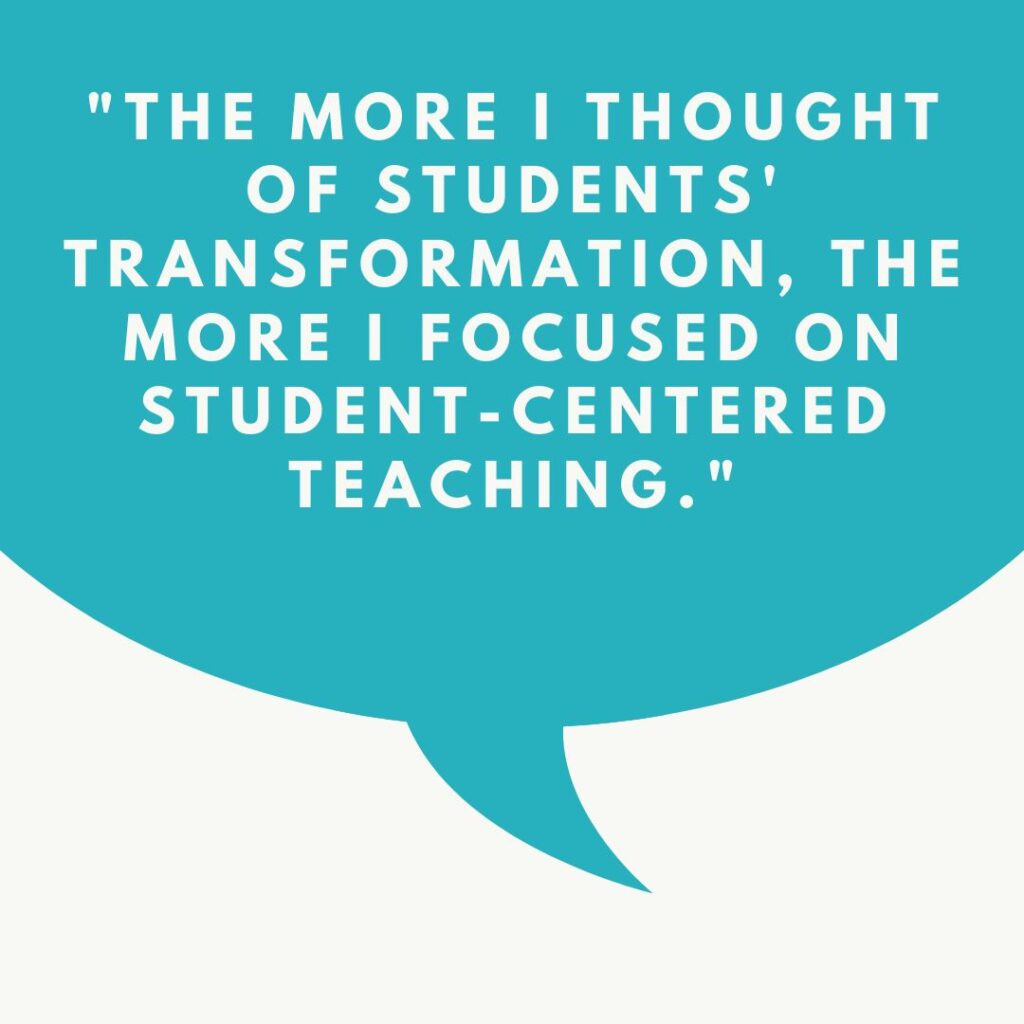
Faculty Cohorts
Each academic year, TLH led three cohorts of faculty fellows (approximately 17 fellows per cohort). For the academic year 2021-2022, the 51 Mellon TLH Faculty Fellows selected for the first three cohorts were chosen from a pool of 118 applicants. For the academic year of 2022-2023, the 51 Fellows were selected from 92 applicants. Each application was reviewed carefully by at least one TLH staff member and one member of the TLH Faculty Advisory Board. The 51 fellows selected were full- and part-time CUNY faculty in the humanities, qualitative social sciences, and arts committed to equity, social, and anti-racist teaching. They worked together to share and develop active, creative, participatory learning practices and pedagogical research designed to engage CUNY students and help ensure their success in and beyond the classroom.
All three cohorts met for one half-day virtual Summer Institute to kick off the fellowship program. One cohort convened in the Fall semester, meeting for three seminars (one per month) led by the two TLH Faculty Co-Directors. The semester concluded with a showcase of fellows’ public knowledge projects, which they worked on together in groups of 4-5 and in collaboration with their students, who were awarded small scholarships. Two cohorts convened in the Spring semester. This time, each cohort was led by one Faculty Co-Director and one returning fellow (“Pedagogy Co-Leader”). The curriculum was similar to that of the fall semester, however each semester was unique in its own right as fellows attended and responded to TLH’s Transformative Speaker Series. Likewise, the curriculum for the 2022-2023 academic year was similar, however it was shaped by different required readings and new voices in TLH’s Transformative Speaker Series.
At the end of the fellowship semester, TLH awarded faculty fellows $1,800 and wrote formal letters of thanks to their provosts and department chairs or deans to thank them for their service and contributions to the CUNY community. Fellows completed exit surveys about their experiences, which TLH used for internal program assessment purposes.
In addition to the 2 Faculty Co-Directors, TLH selected Pedagogy Co-Leaders to support fellows and co-lead seminars. Pedagogy Co-Leaders were given one course release and a stipend ($7,000) to recognize their leadership and service to TLH throughout the semester. Pedagogy Co-Leaders met with the whole TLH team at every Monday business meeting and planned the seminars with the Faculty Co-Directors. Pedagogy Co-Leaders helped TLH leadership to plan events in TLH’s Transformative Speaker Series, inviting speakers of their choice who could best speak to the needs of CUNY faculty and students. They also proposed panels in collaboration with TLH leadership and presented their transformative pedagogies at national conferences such as American Studies Association (New Orleans, 2022), American Educational Research Association (Chicago, 2023), and HASTAC (New York, 2023). Pedagogy Co-Leaders went on to publish articles on ungrading and transformative teaching practices and to lead events and initiatives on their campuses such as a Transcribe-a-Thon on Douglass Day, where students transcribed papers of Mary Ann Shadd Cary, who was an abolitionist and the first African American publisher in North America.
The outcome for faculty was greater engagement – with course content and with students – through innovation and co-created learning spaces. More meaningful engagement leads to faculty satisfaction with how their classes perform and their positions within their institution. This also leads to greater student satisfaction and better course evaluations, which can help faculty progress in their professional careers.
Application Overview
To learn more about the Transformative Learning in the Humanities Faculty Fellow application process, see the Application Overview:
Each of the six cohorts met over the course of a single semester for three 2-hour seminar meetings on Zoom (one meeting per month). In the Fall, these meetings took place at the end of September, end of October, and before the Thanksgiving holiday in November. In the spring, cohorts met around mid-February, mid-March, and mid-April.
Seminars were led by TLH Faculty Directors (Drs. Cathy N. Davidson and Shelly Eversley in 2021-2022; Drs. Shelly Eversley and Matt Brim in 2022-2023) in collaboration with TLH Pedagogy Co-Leaders, who had been through the program as faculty fellows and returned in a leadership role (Drs. Javiela Evangelista and Jason Hendrickson in Spring 2022, Drs. Virginia Diaz-Mendoza and Grace Pai in Fall 2022, and Dr. Khanh Le in Spring 2023).
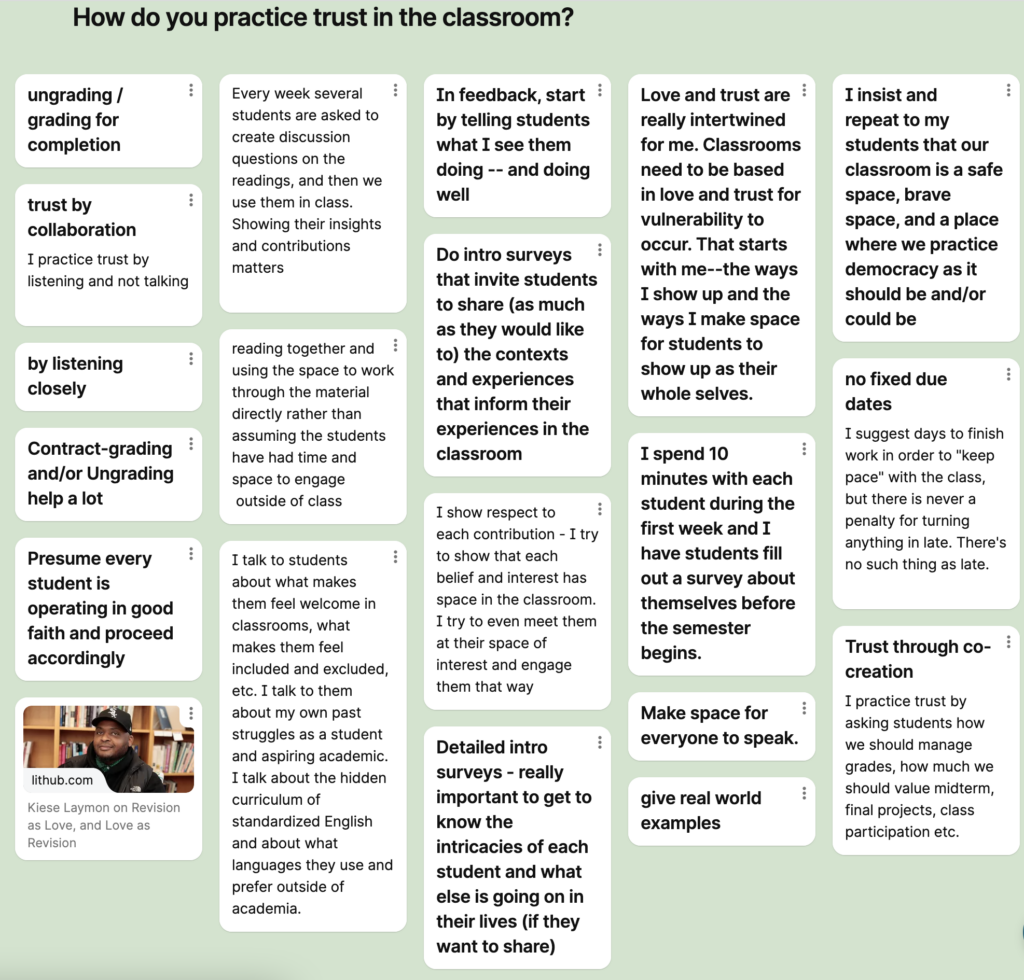
How do you trust in the classroom?
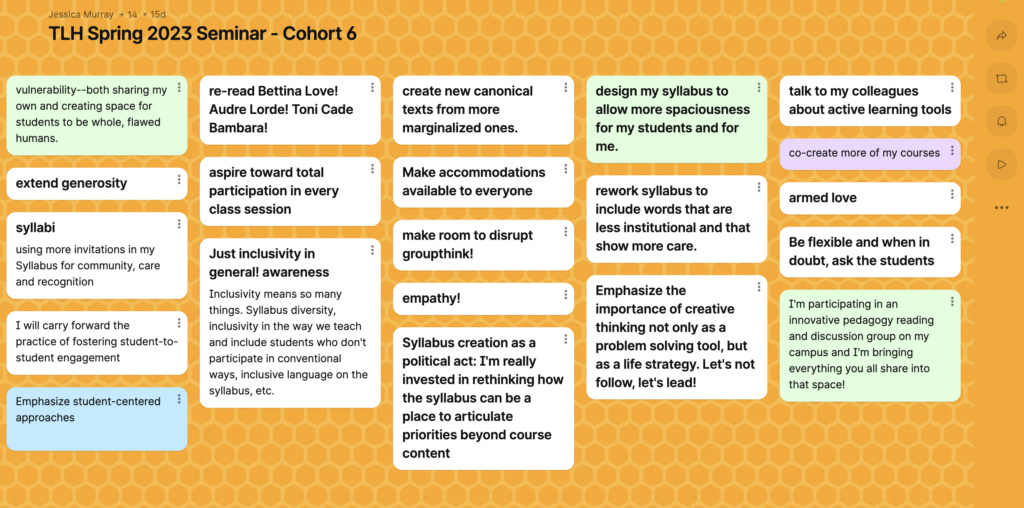
TLH Spring 2023 Seminar – Cohort 6
In order to keep the seminars engaging while staying mindful of time, the team planned both a broad outline for the agenda for participants, and a run of show to decide roles and responsibilities for each team member. Click on the links below to read the agendas from the seminar meetings.
 November Seminar 2022 – Cohort 4
November Seminar 2022 – Cohort 4 February Seminar 2023
February Seminar 2023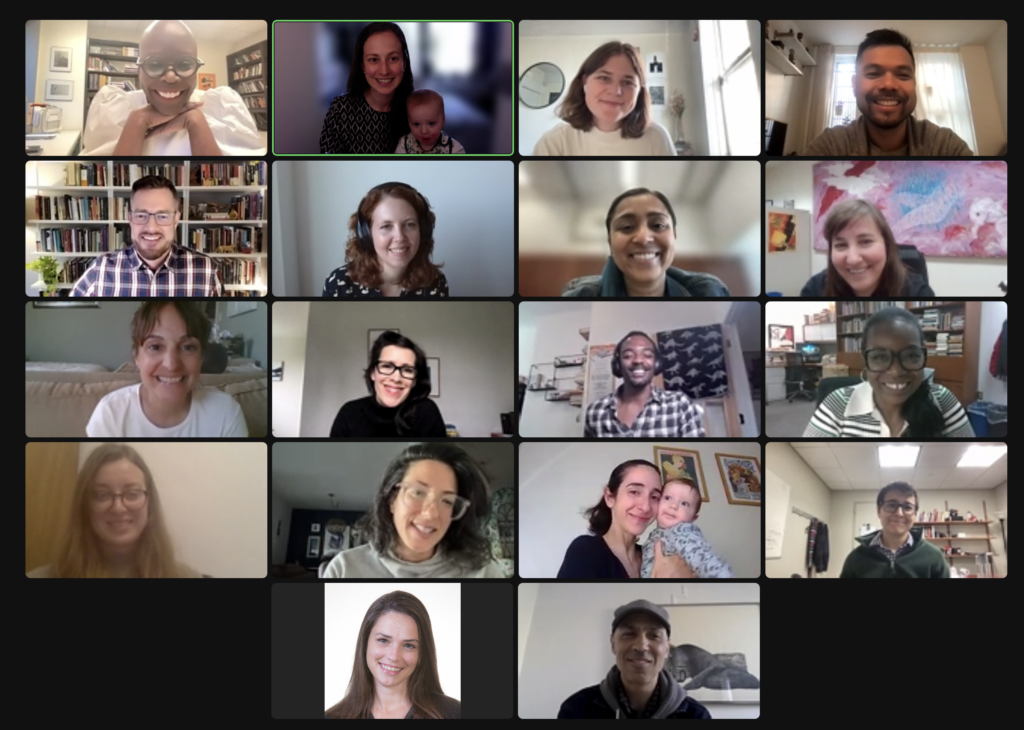 April 2023 – Spring Cohort
April 2023 – Spring Cohort November Seminar 2022 – Cohort 4
November Seminar 2022 – Cohort 4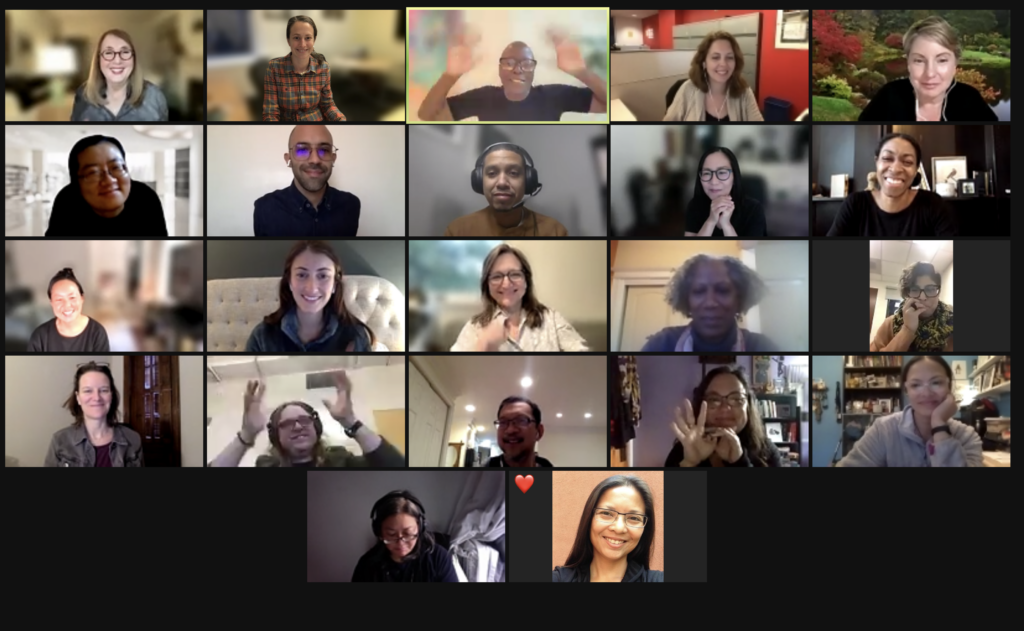 Fall 2021 Seminar
Fall 2021 Seminar November Seminar 2022 – Cohort 4
November Seminar 2022 – Cohort 4
Mellon TLH Faculty Fellows in the first three cohorts participated in a half-day virtual Summer Institute on June 23, 2021. In preparation, we provided the fellows with several books to inspire pedagogical innovation and collaborated with the Center for the Humanities to include Lost & Found chapbooks of teaching materials from former CUNY professors and activists: Audre Lorde, Adrienne Rich, Toni Cade Bambara, and June Jordan. For a full list of the books, see 2021-2023 Reading List on our Teaching Resources tab.
In 2022, our founding Faculty Co-Director Dr. Cathy N. Davidson moved on to take a new leadership role as Senior Advisor to the CUNY Chancellor. Dr. Matt Brim joined TLH at that time and led the 2022 TLH Summer Institute with Faculty Co-Director Dr. Shelly Eversley. In preparation for the institute, we again provided the fellows with several books to inspire them to transform higher ed, available below under the Teaching Resources tab.
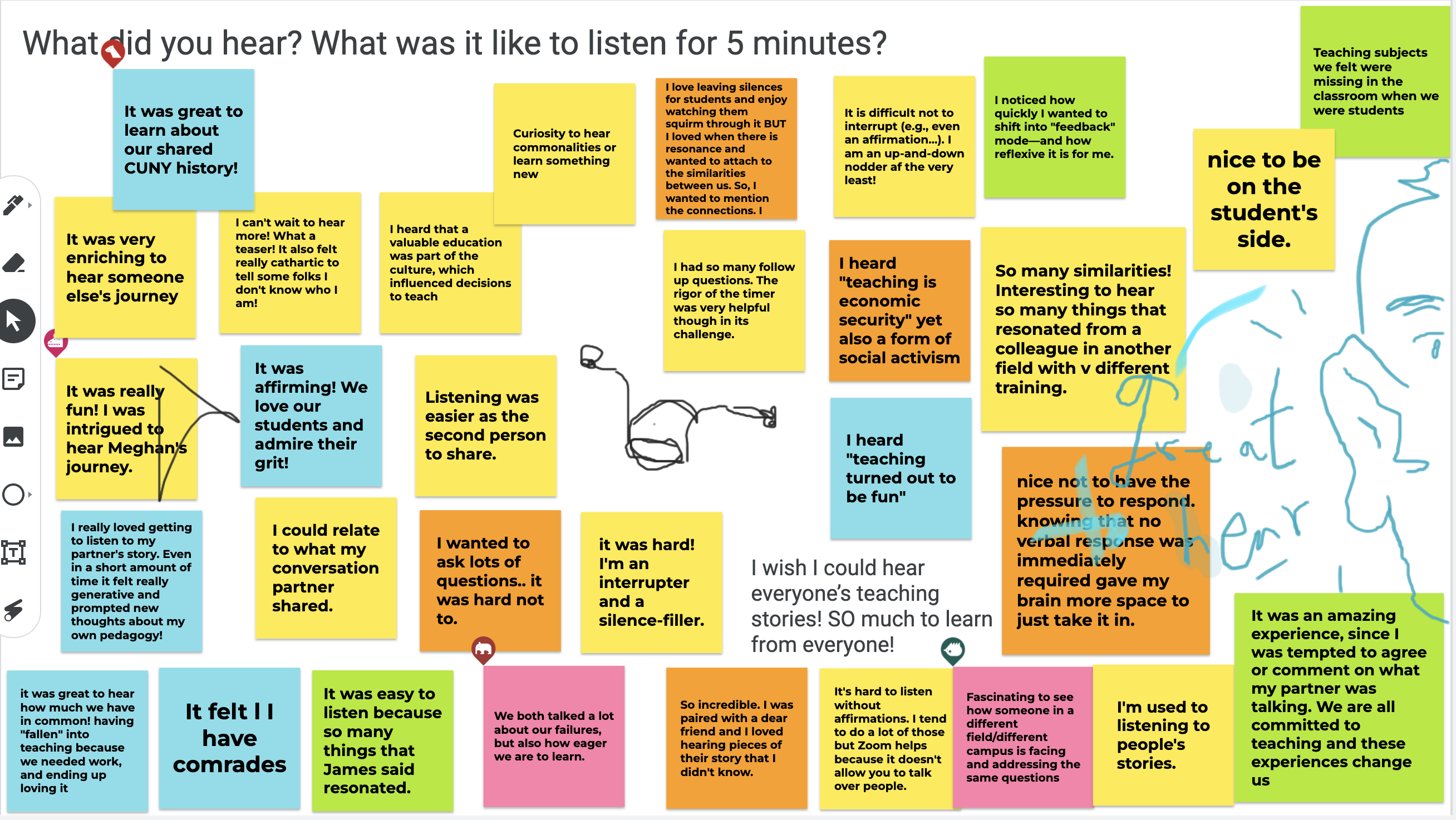
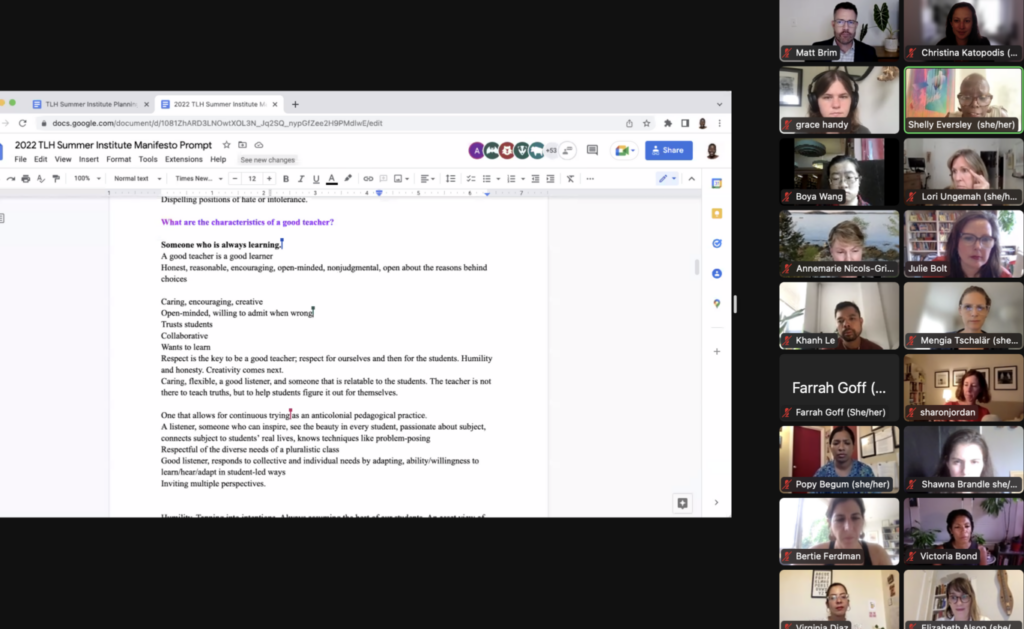
The goals of both Summer Institutes were to: inspire faculty with engaging leadership activities; build a collaborative community; and practice some active learning techniques that we hope faculty will use to transform their classrooms. To achieve these goals, we used collaborative online tools, methods to solicit 100% participation, and a peer-to-peer learning model to aid fellows in imagining a communal pedagogical manifesto. The fellows got to know one another, built connections, brainstormed ideas for their seminars, and practiced listening to and sharing with one another in an equitable, inclusive environment.
Read a full summary of the 2021 TLH Summer Institute here:
Read a full summary of the 2022 TLH Summer Institute here:
At the end of the semester, fellows who had been working in groups of 4–5 people throughout the semester produced and shared open-licensed work as public contributions to knowledge shared online. Some fellows hosted Zoom workshops, produced podcasts, hosted in-person events, created virtual exhibits, held interactive panels or discussions, created websites, or other Open Educational Resources. You can read more about these on the TLH blog, our Resources tab, our Open Ed CUNY group, or read summaries of all of the Public Knowledge projects from 2021-2022 and 2022-2023.
Example Public Knowledge Project: Freedom Dreaming Zine, Spring 2023
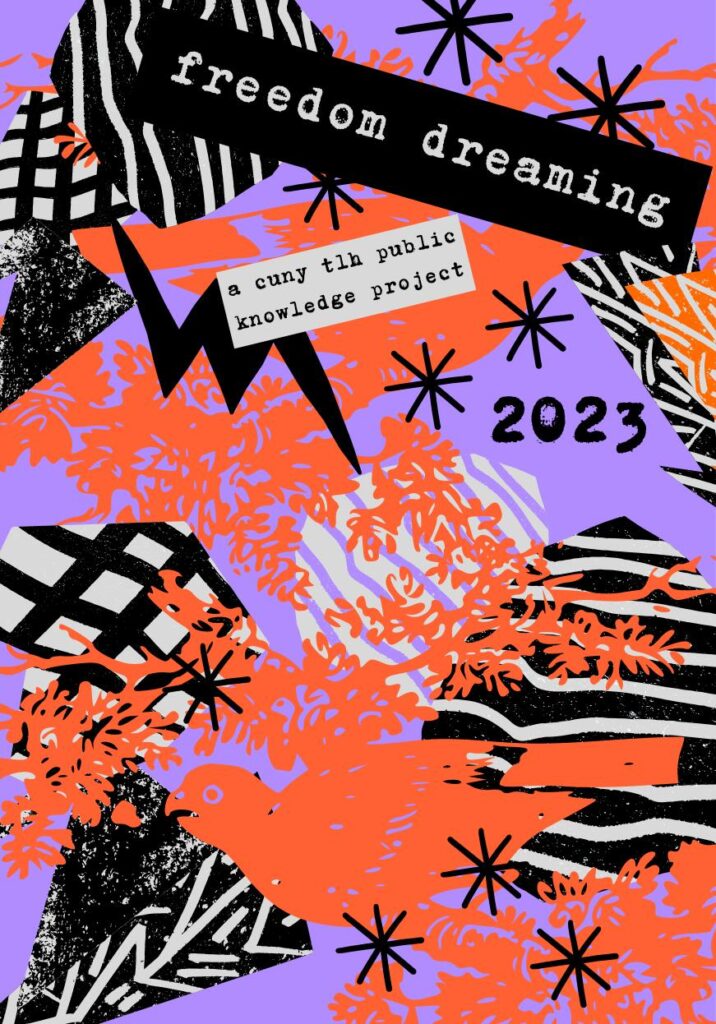
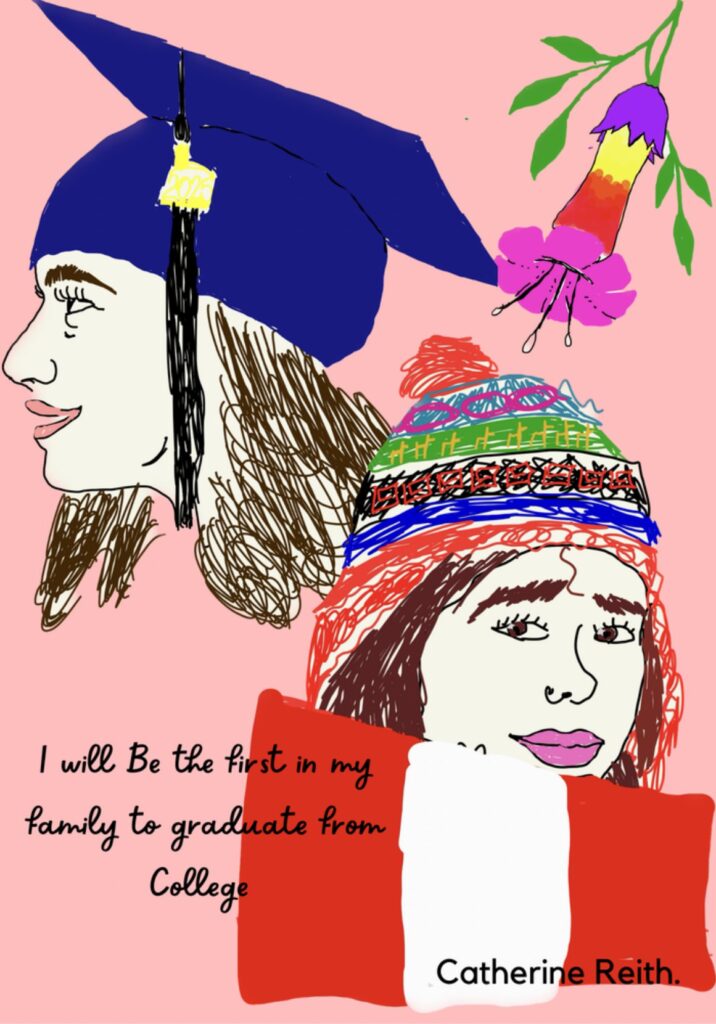
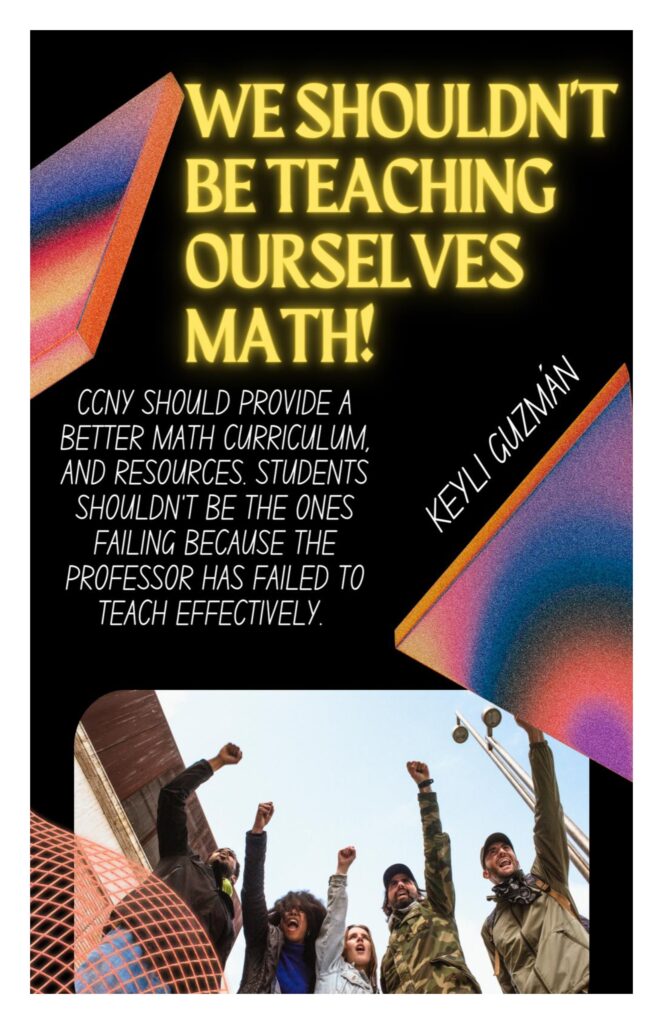
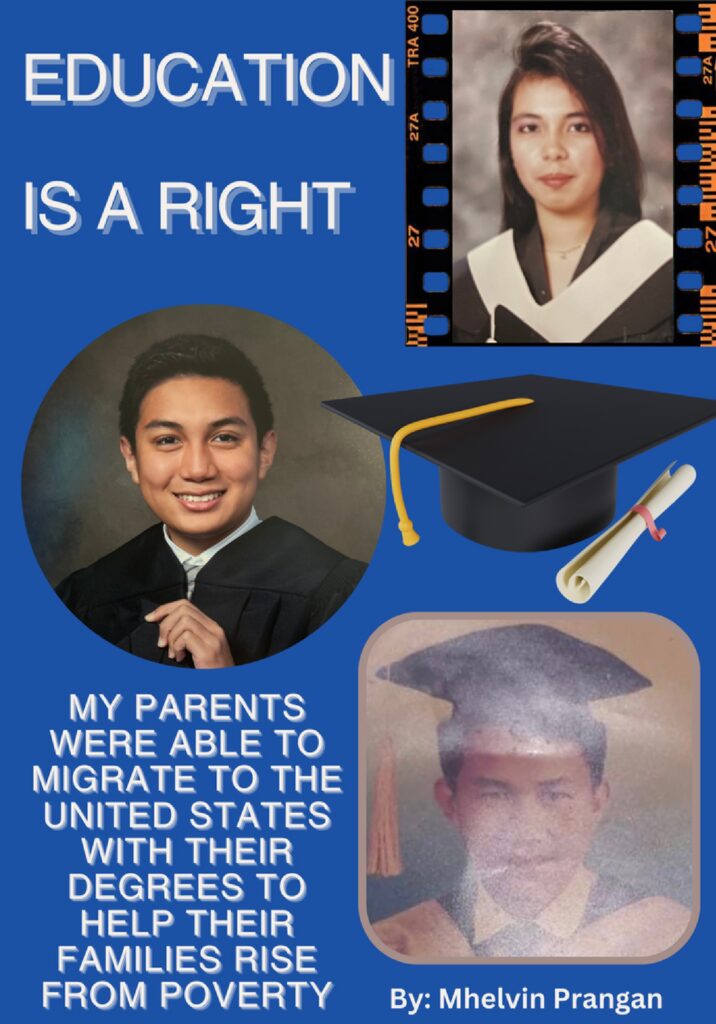
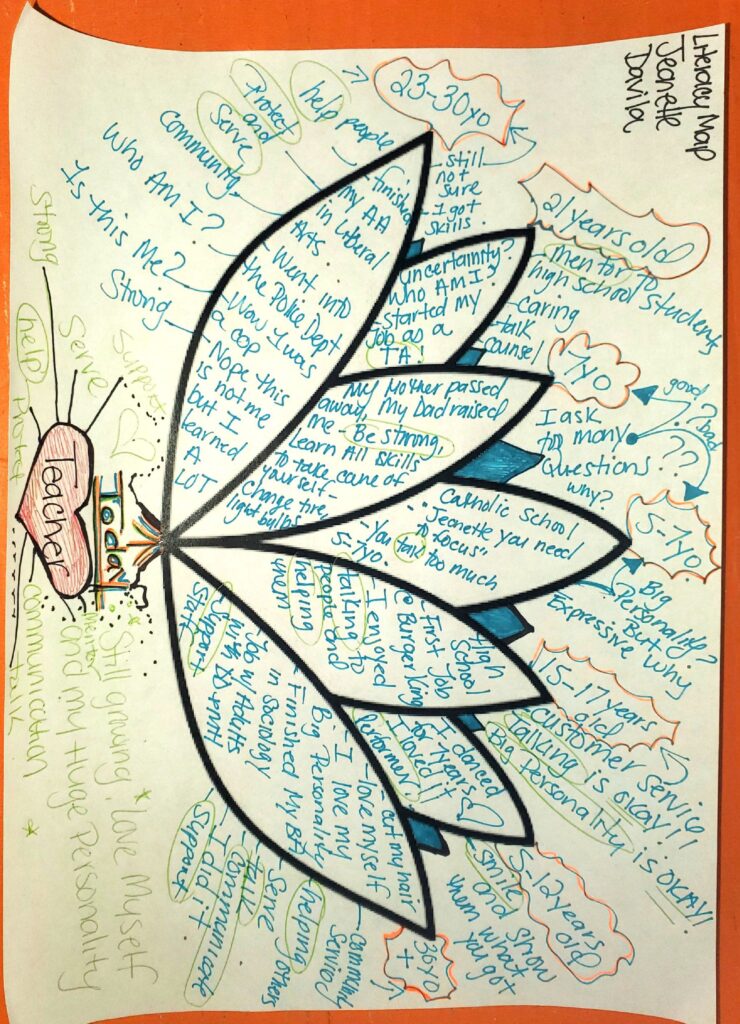
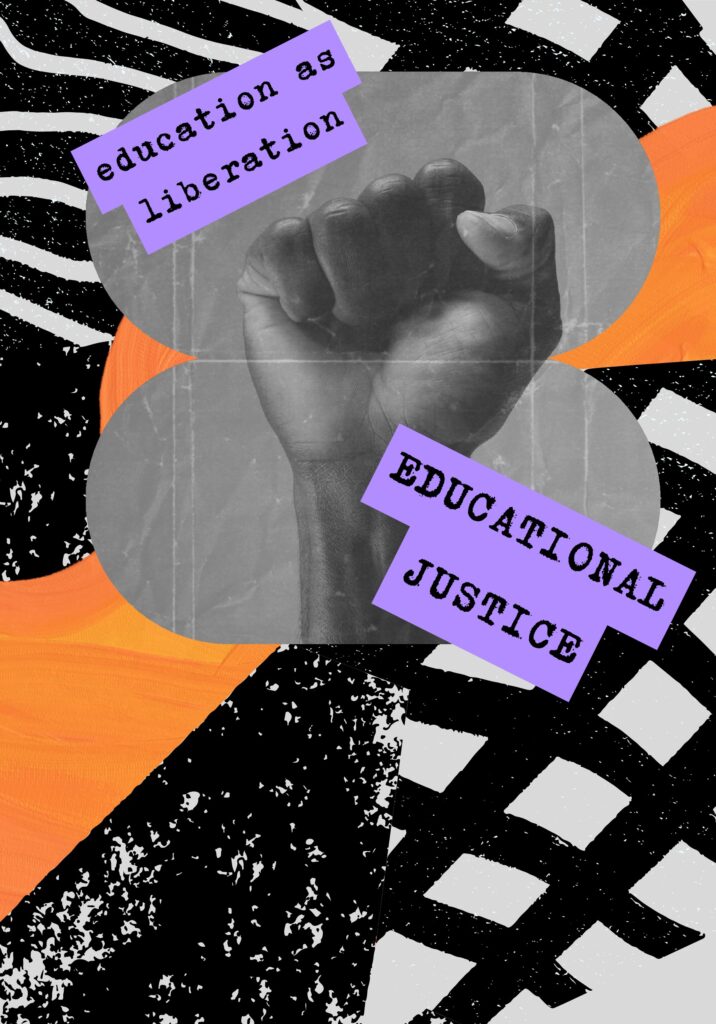
2021 – 2022 Faculty Fellows

Kristina Baines
Guttman Community College, Social Sciences and Anthropology
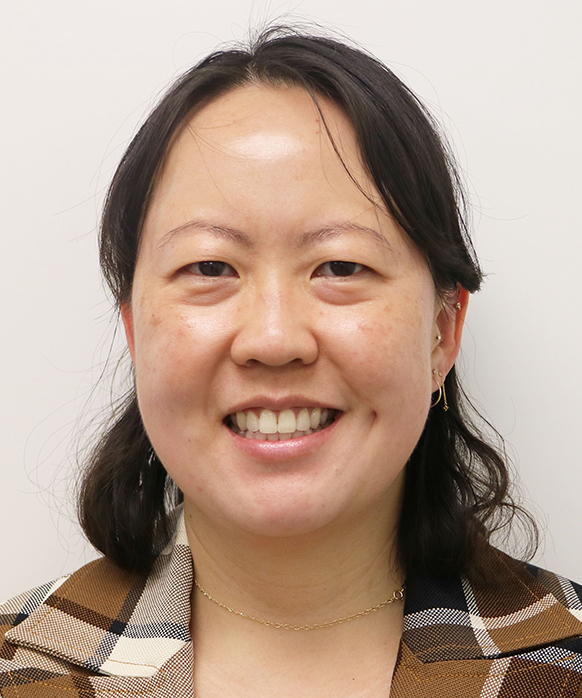
Helen Chang
Hostos Community College, Behavioral and Social Sciences
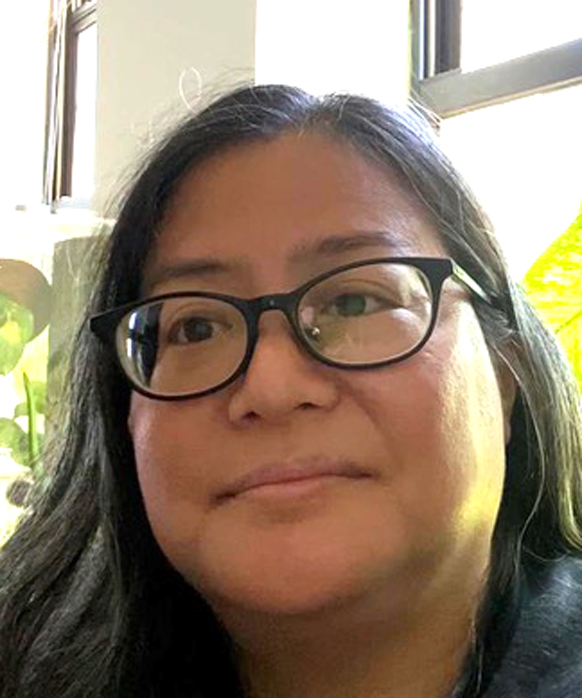
Anita Cheng
Hunter College/ Brooklyn College, Film and Media Department; Art Department
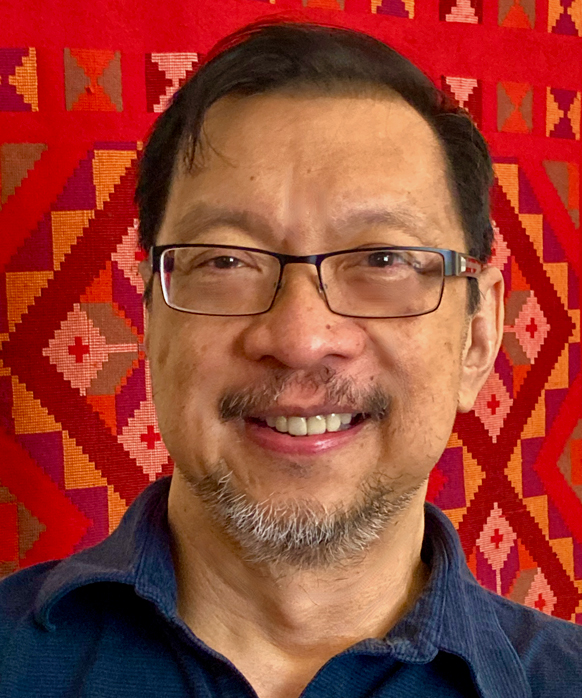
Fidelito Cortes
Hunter College, Asian American Studies Program
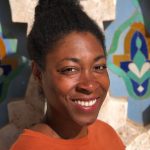
Javiela Evangelista
New York City College of Technology, African American Studies
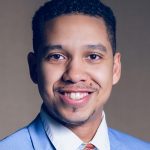
Jason Hendrickson
LaGuardia Community College, English

Heather Huggins
Queensborough Community College, Communication, Theatre, and Media Production
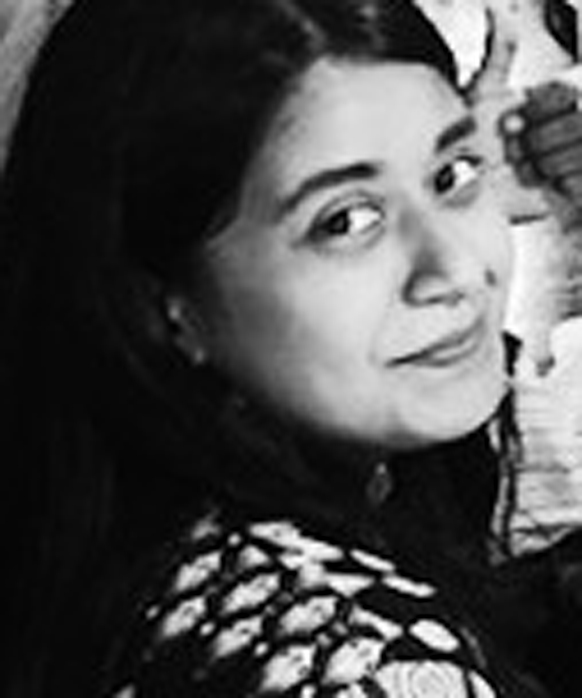
Tabashshum Jahan Islam
Queens College, Urban Studies
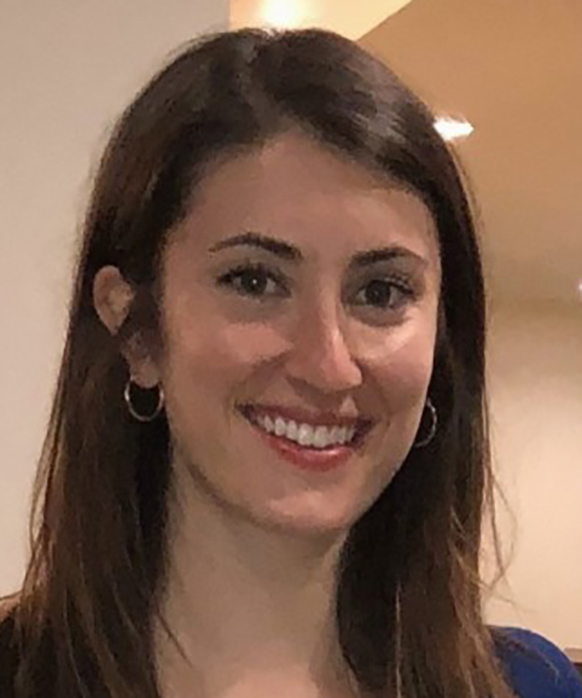
Alyse Keller
Kingsborough Community College, Communication, and Performing Arts
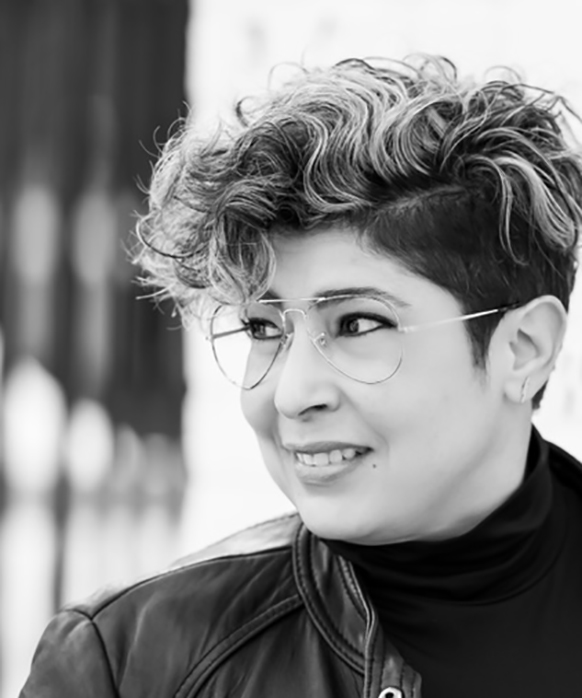
Niberca Lluberes (Gigi Polo)
College of Staten Island, Media Culture
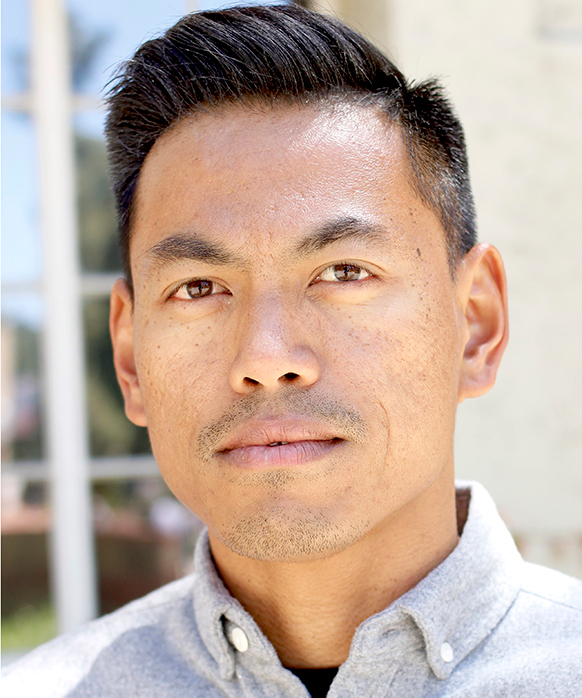
Nerve V. Macaspac
College of Staten Island/ Graduate Center, Political Science and Global Affairs, Earth and Environmental Sciences
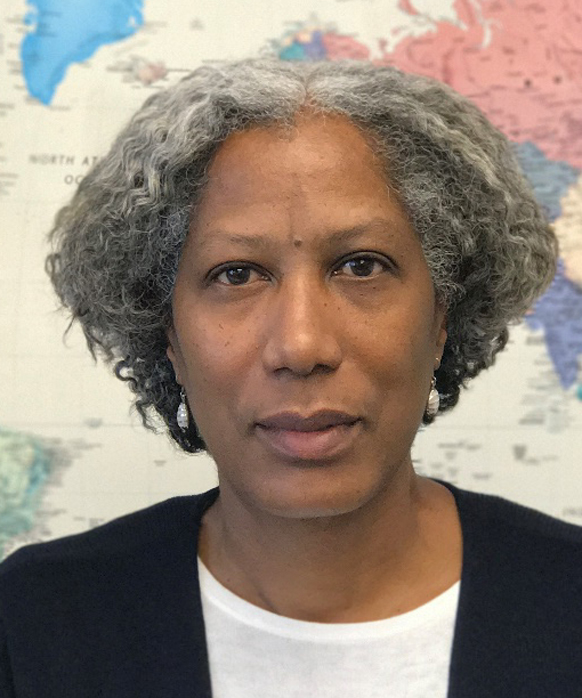
Susan Phillip
New York City College of Technology, Hospitality Management
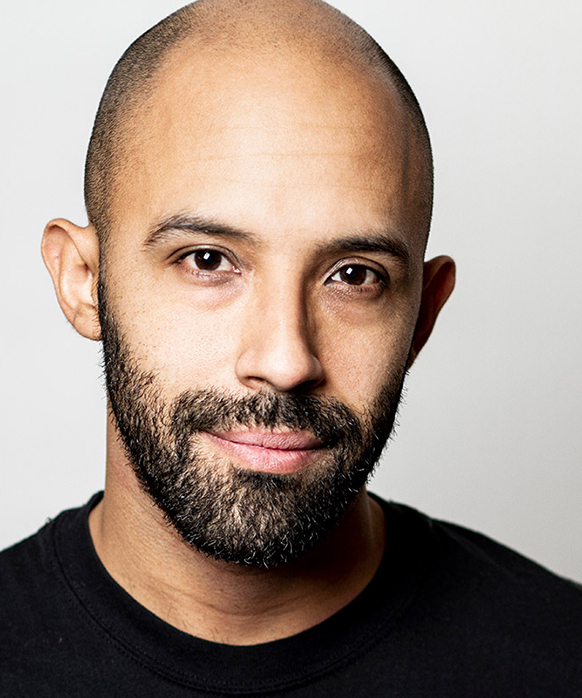
Rojo Robles Mejias
Baruch College, Black and Latino Studies
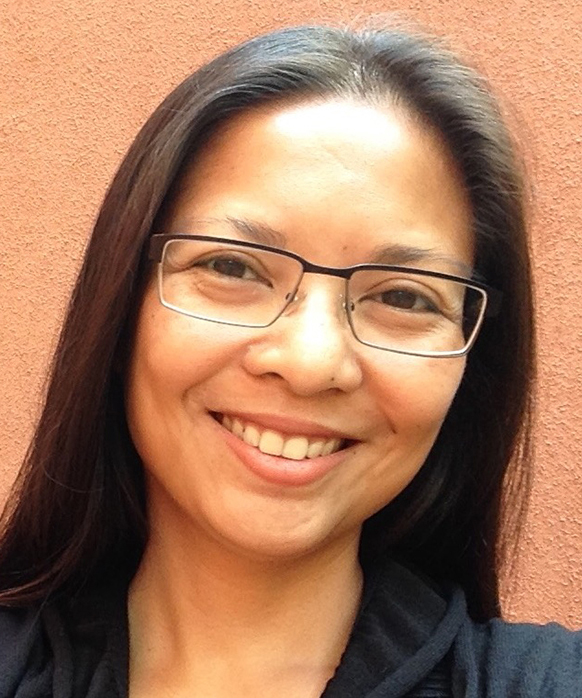
Lara Saguisag
College of Staten Island, English
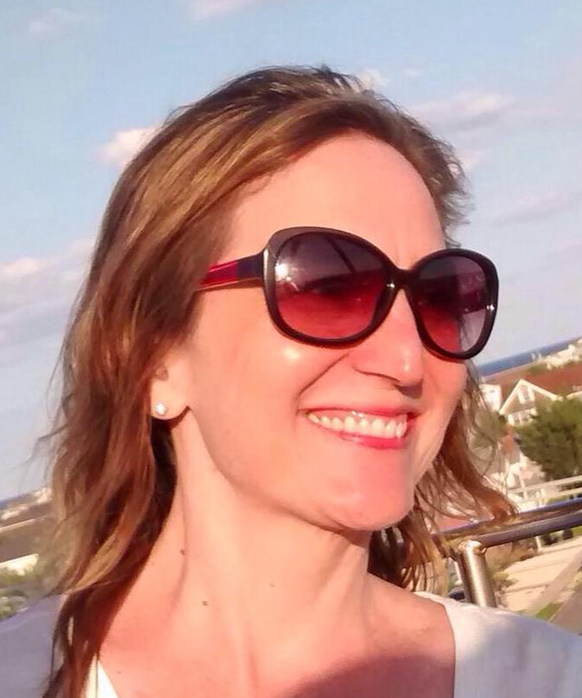
Cheryl C. Smith
Baruch College, English
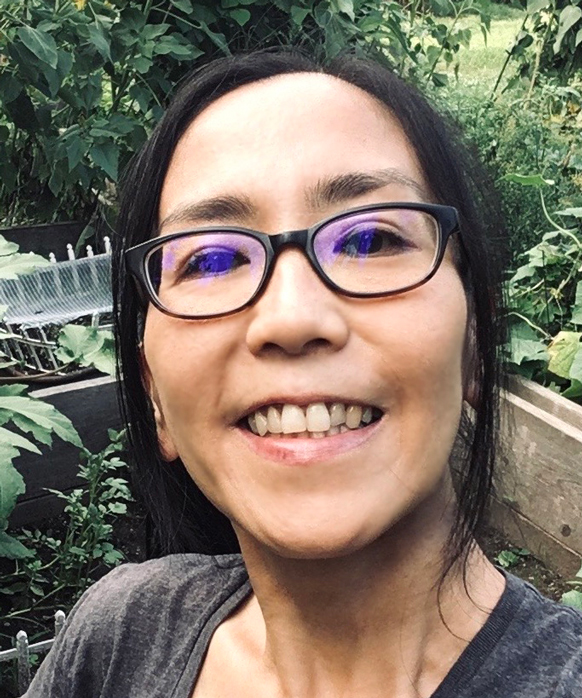
Reiko Tahara
Hunter College, Film Media
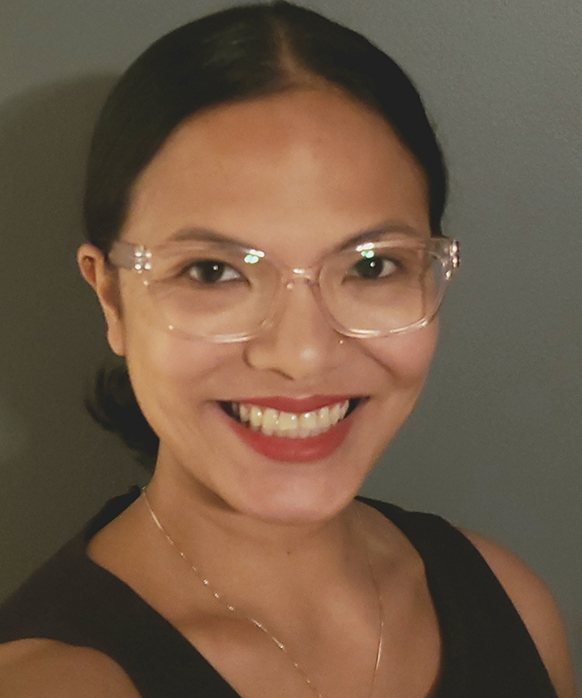
Kathleen Tamayo Ales
Queensborough Community College, English

Tom Zlabinger
York College, Performing and Fine Arts
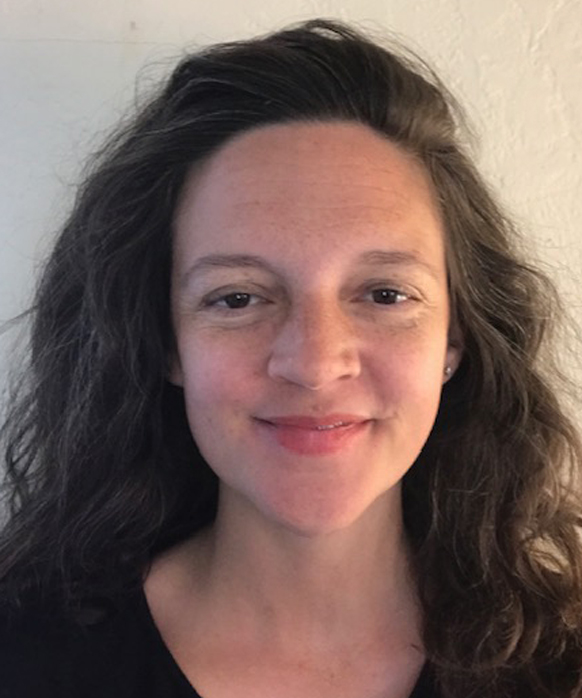
Abby Anderton
Baruch College, Performing and Fine Arts
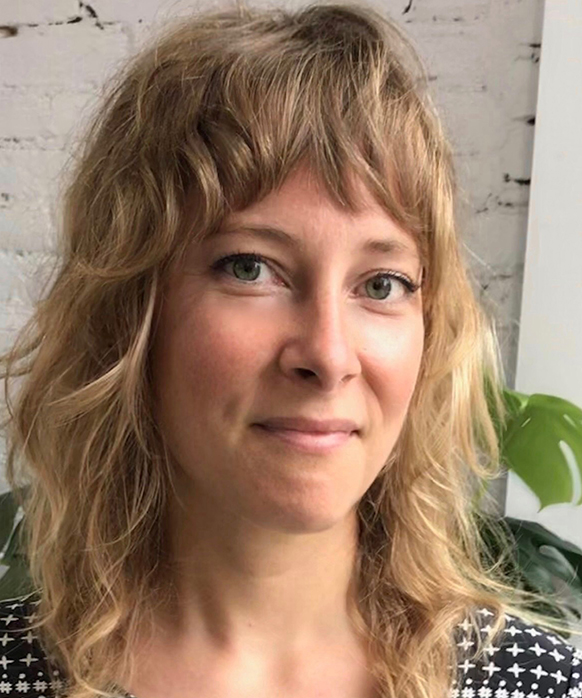
Sarah Bishop
Baruch College, Communication Studies
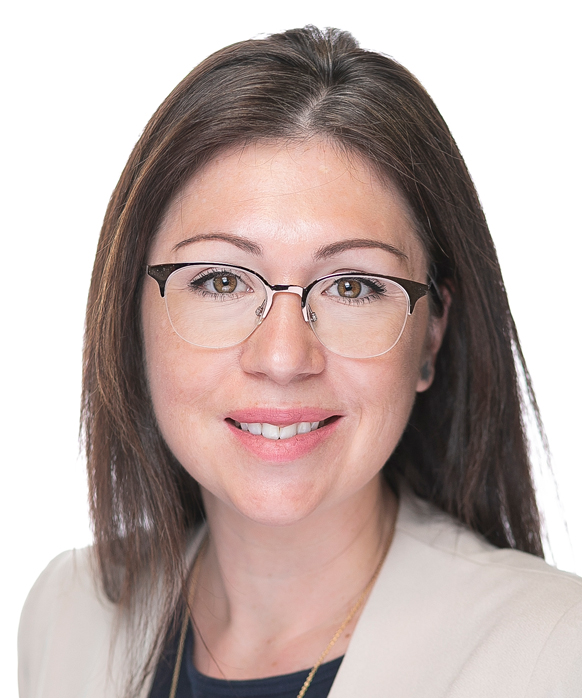
Jennifer Corby
Kingsborough Community College, History, Philosophy, and Political Science
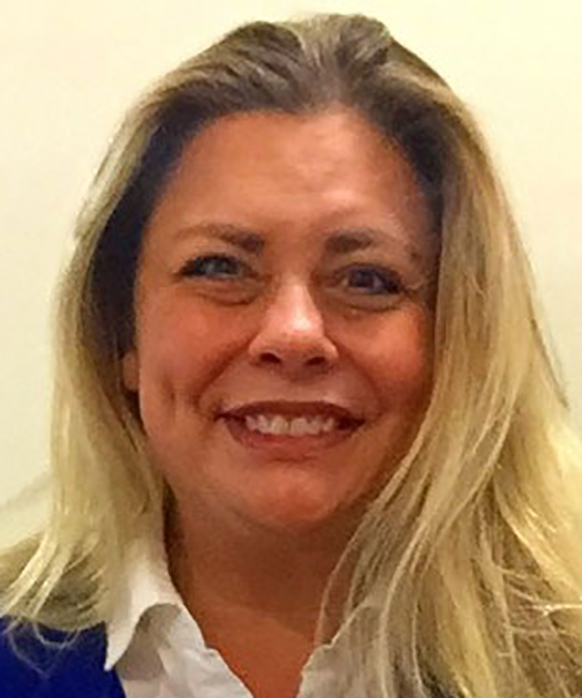
Nicole Kras
Guttman Community College, Human Services

Susan E. Kuhn
Queens College, Business and Liberal Arts
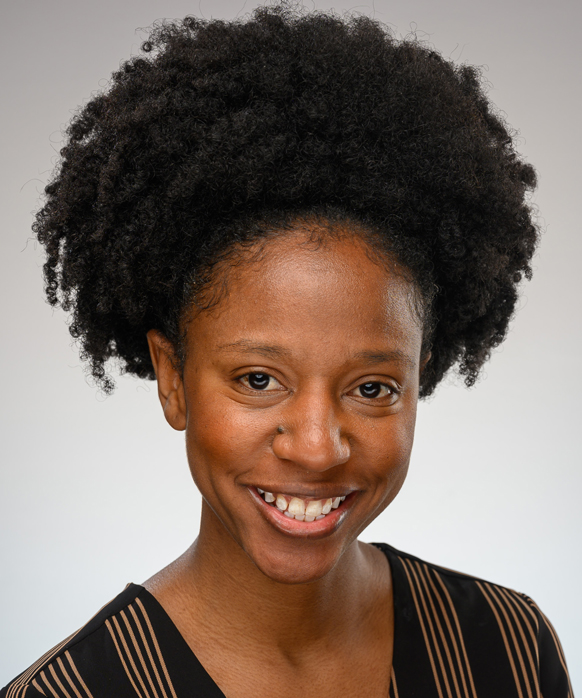
Kimberley McKinson
John Jay College of Criminal Justice, Anthropology
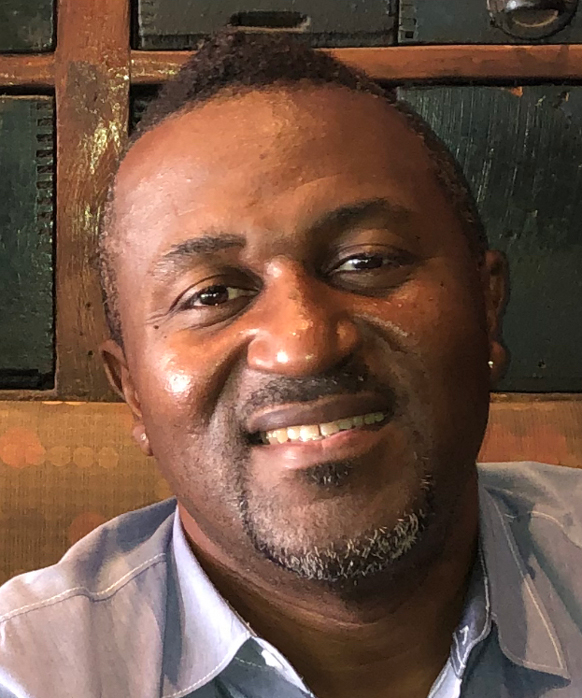
Glenn McMillan
Medgar Evers College, Mass Communication
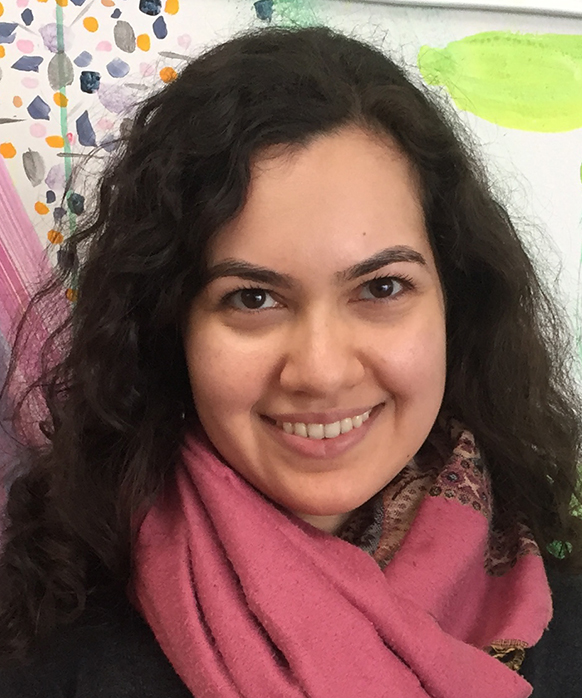
Tatiana Nuñez
Graduate Center/ City College, Comparative Literature and Romance Languages
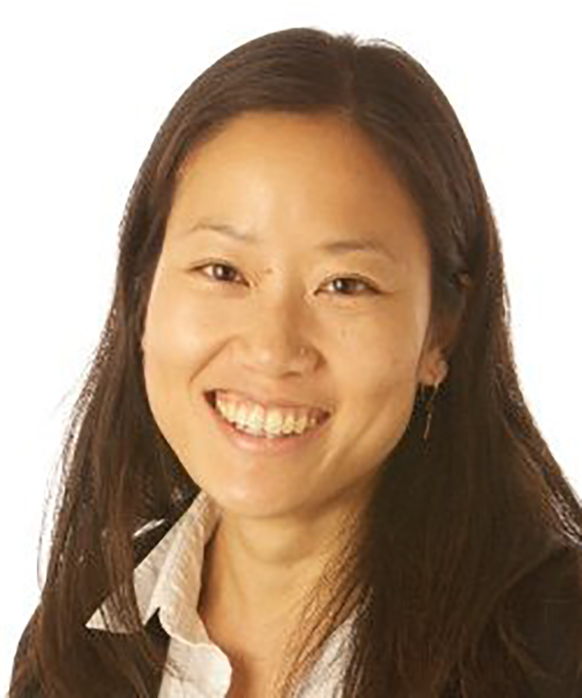
Grace Pai
Guttman Community College, Interdisciplinary Studies
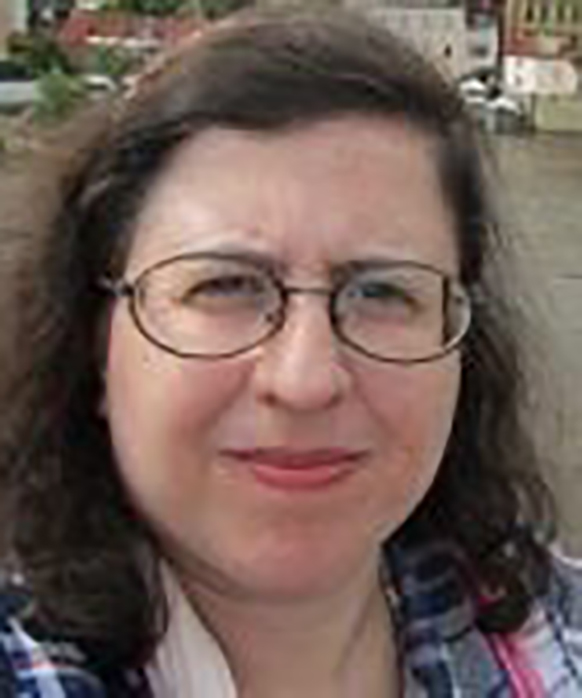
M. Victoria Pérez-Ríos
John Jay College of Criminal Justice, Political Science
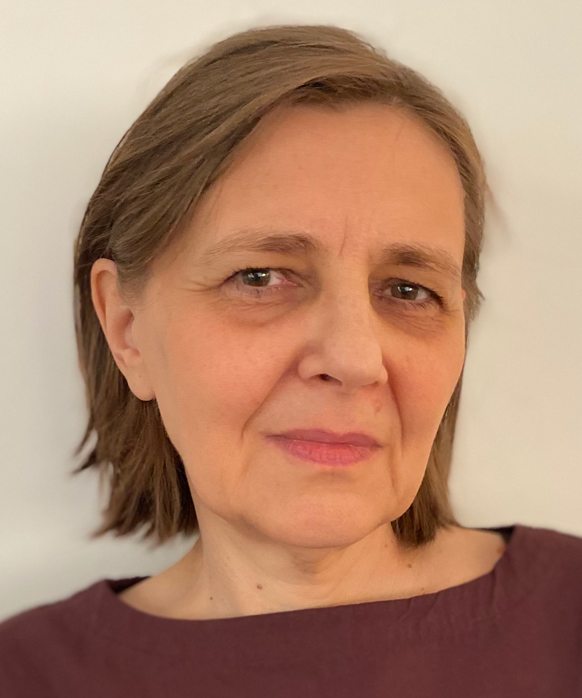
Dusana Podlucka
LaGuardia Community College, Social Science
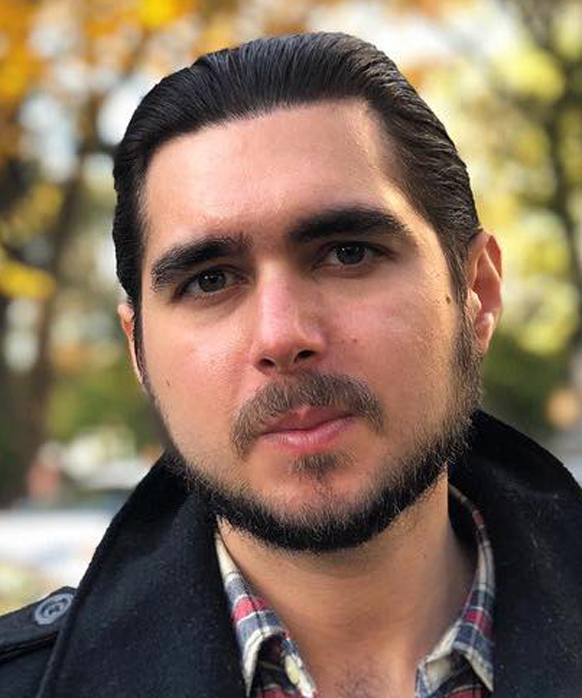
Micheal Rumore
Lehman College, English
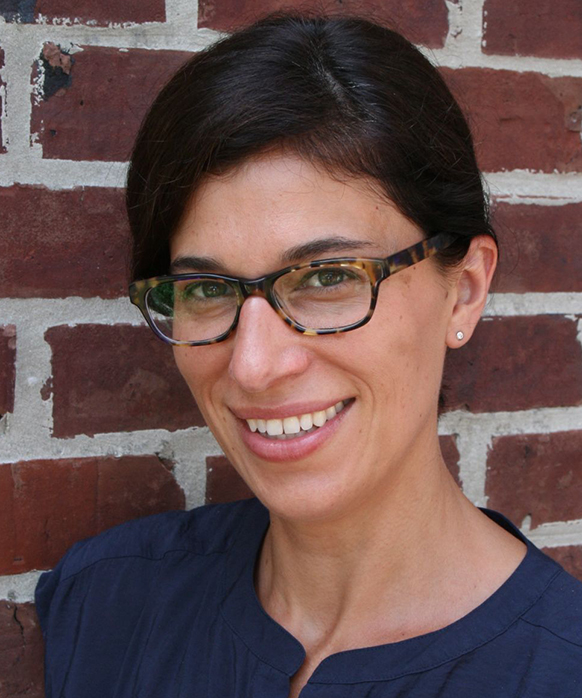
Amy E. Traver
Queensborough Community College, Social Sciences
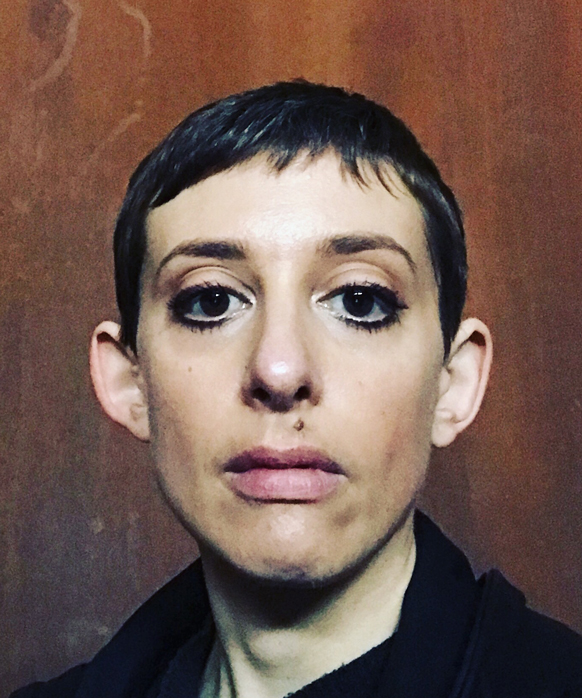
Stefanie Wess
The Graduate Center/ Hunter College/ Queensborough Community College, English
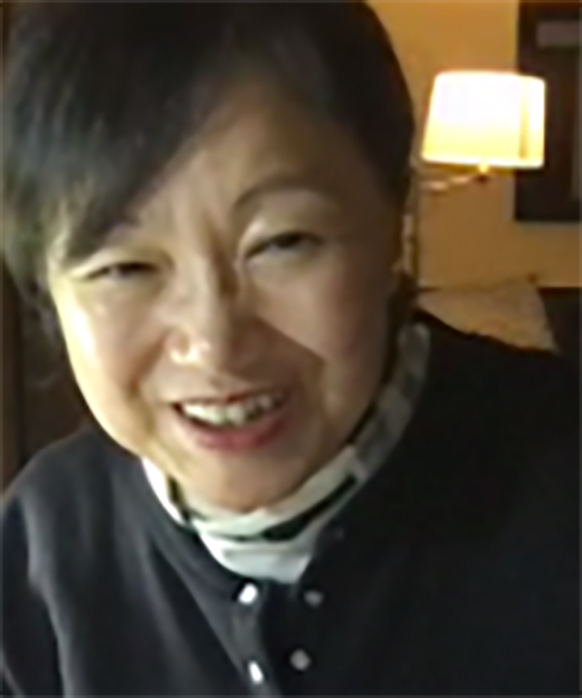
Midori Yamamura
Kingsborough Community College, Art
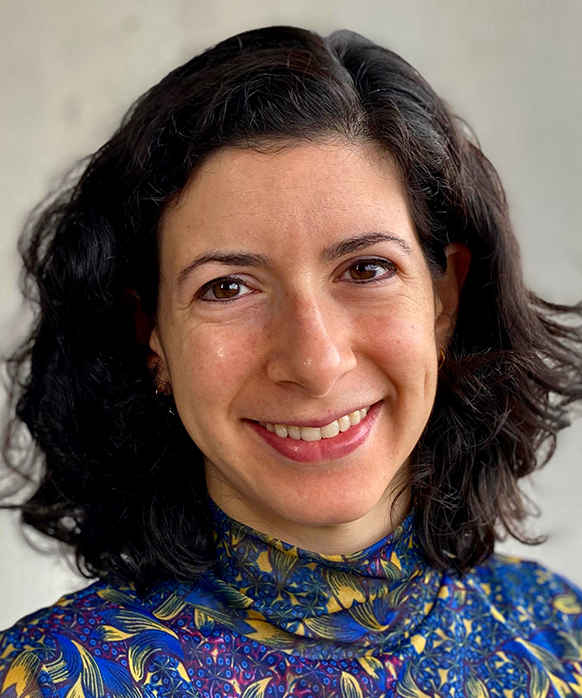
Dominique Zino
LaGuardia Community College, English
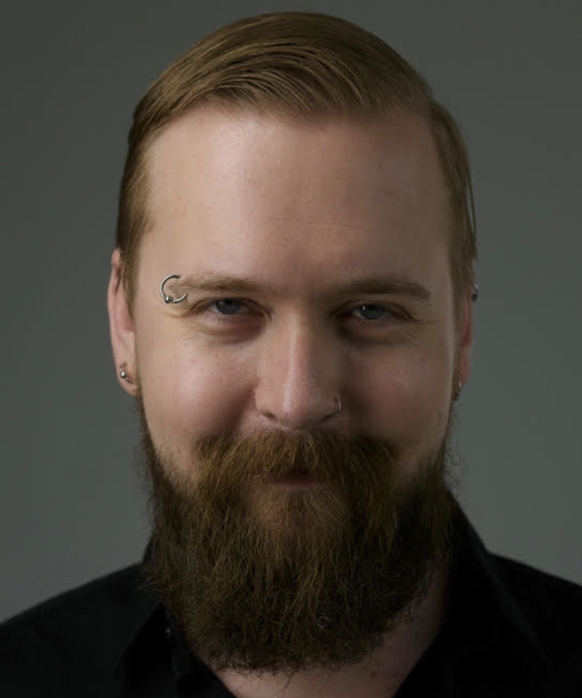
Aaron Zwintscher
New York City College of Technology, English
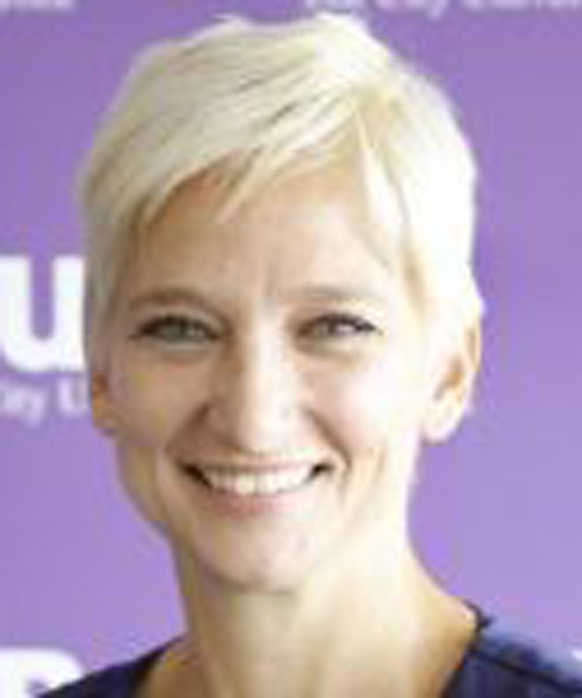
Lisa Marie Anderson
Hunter College, German
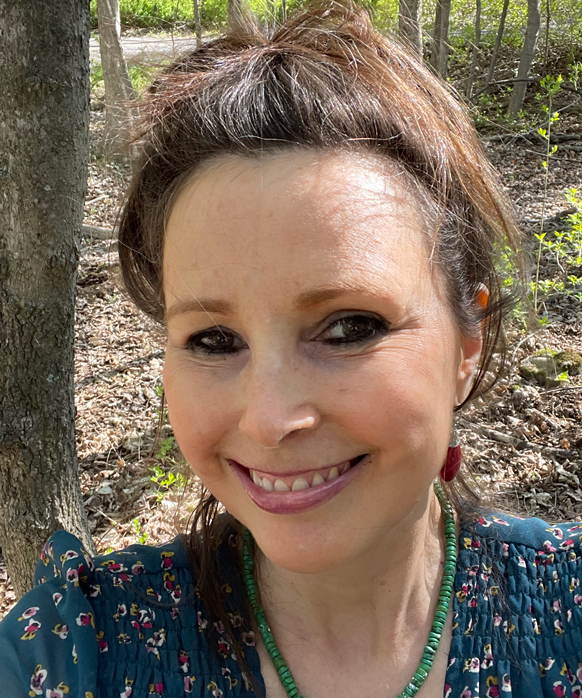
Julie Bolt
Bronx Community College, English
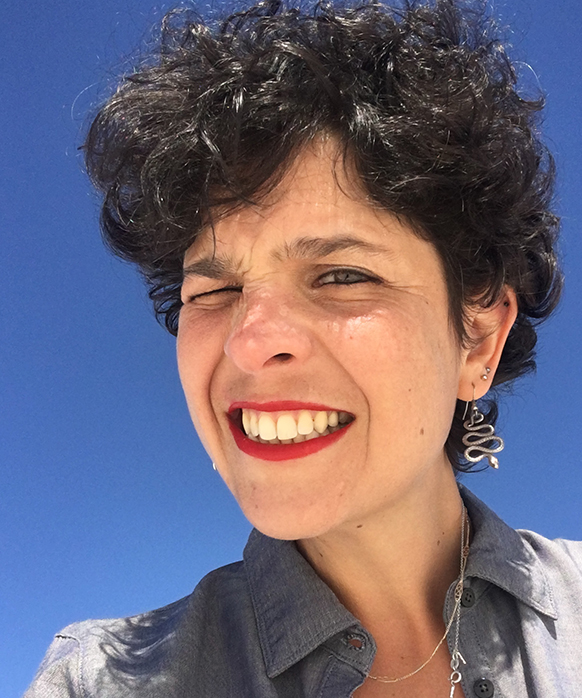
Marta Cabral
College of Staten Island, Curriculum and Instruction
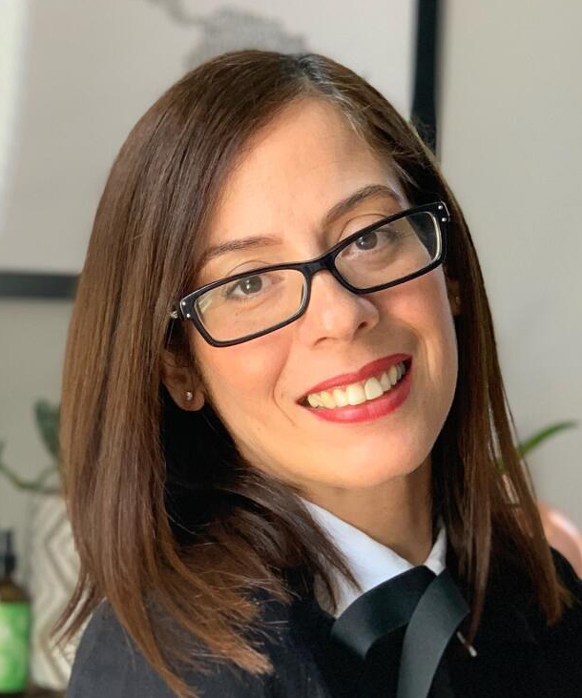
Virginia Diaz-Mendoza
John Jay College of Criminal Justice, SEEK Department
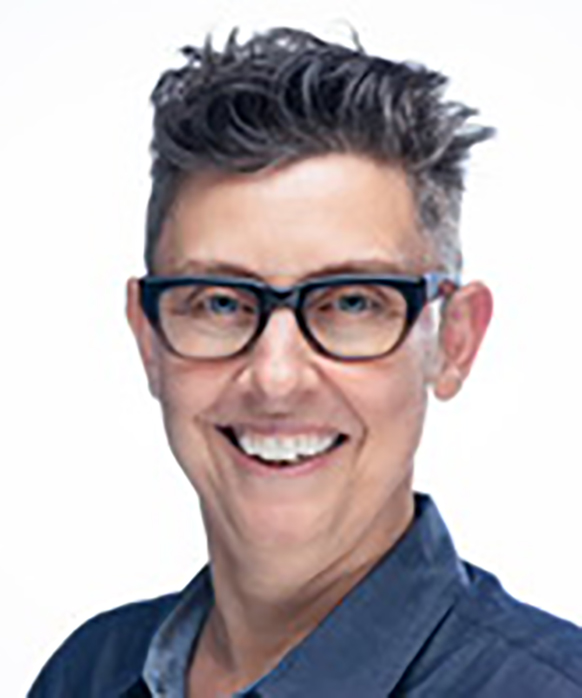
Stephanie Gilman
LaGuardia Community College, Freedom Prep (Education and Language Acquisition)
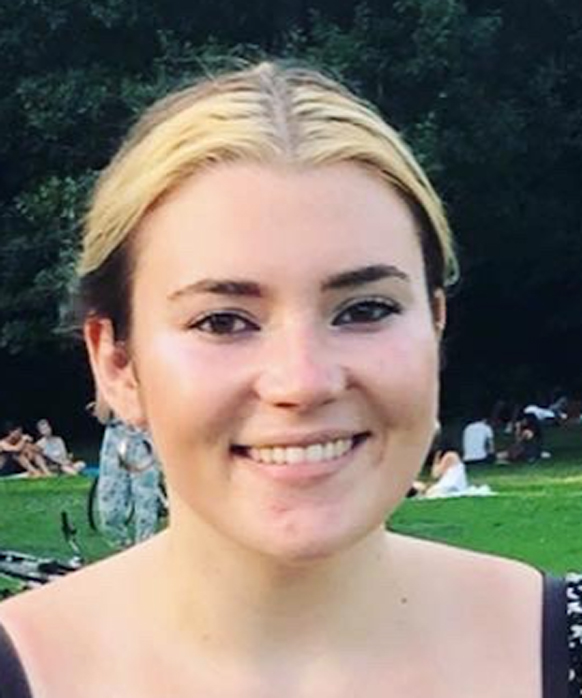
Michael L. J. Greer
Brooklyn College, Philosophy
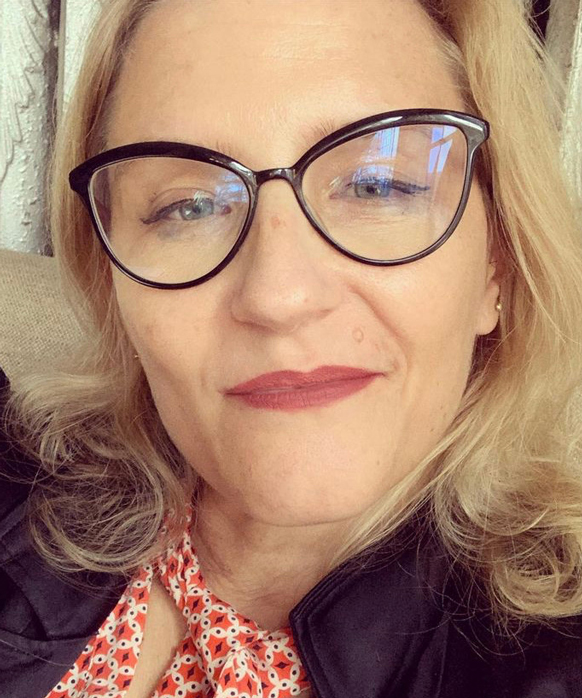
Carrie Hall
New York City College of Technology, English
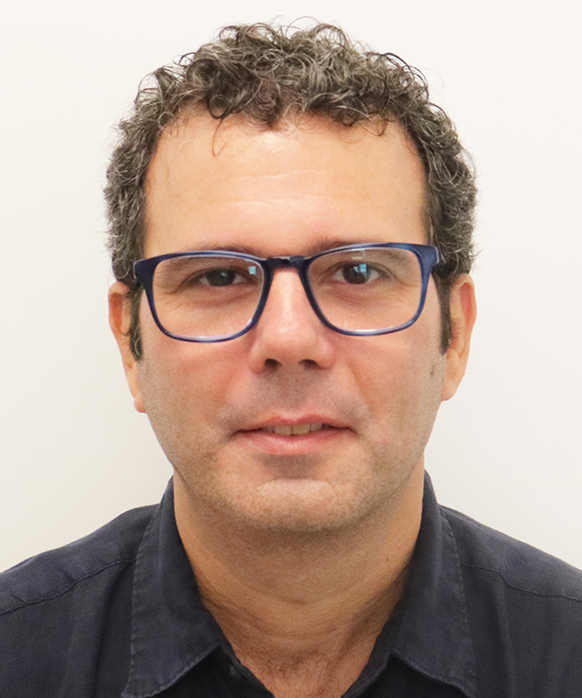
Norberto Michel Hernandez Valdes-Portela
Hostos Community College, Behavioral and Social Sciences
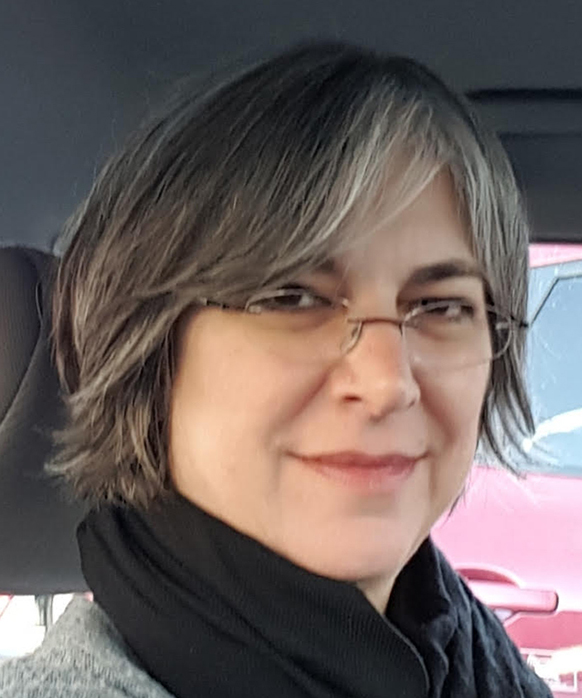
Susan Jacobowitz
Queensborough Community College, English
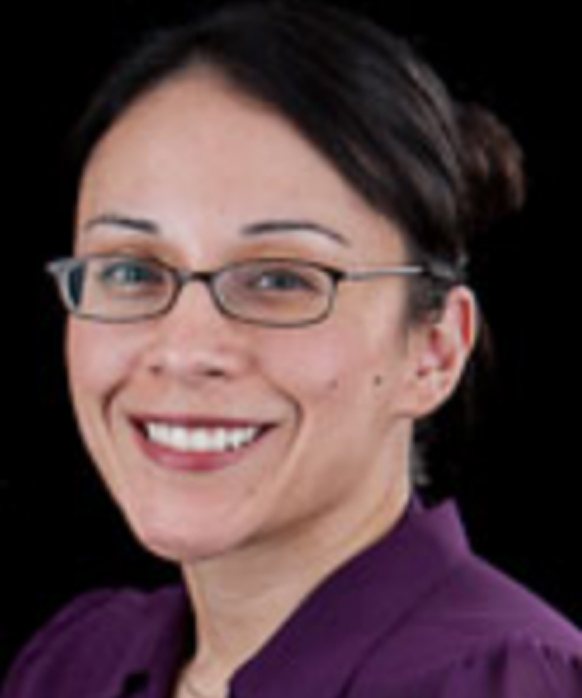
Belinda Linn Rincon
John Jay College of Criminal Justice, Latin American, Latinx Studies and English
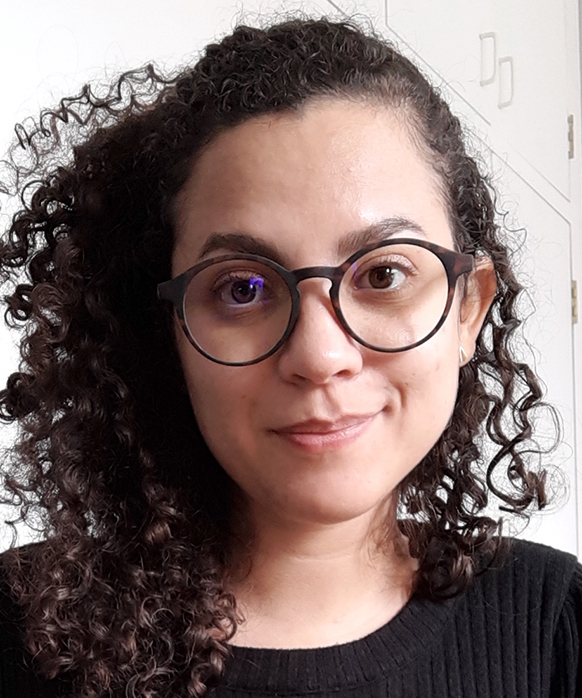
Oriana Mejías Martínez
LaGuardia Community College, Latin American, Iberian, and Latino Cultures
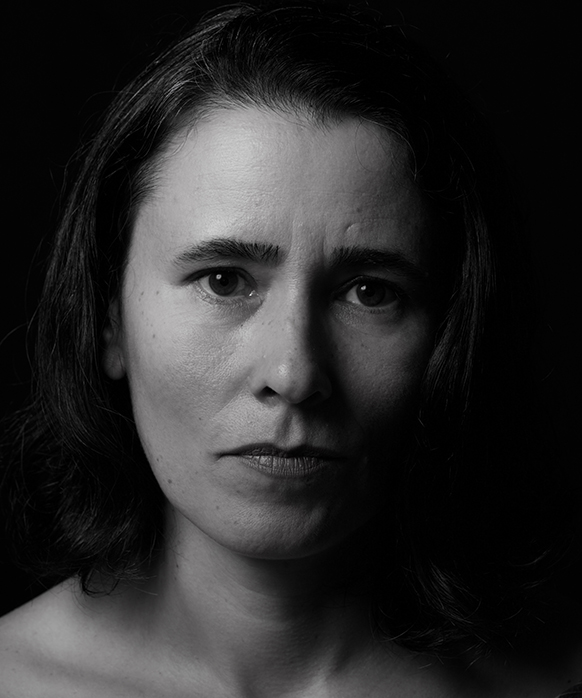
Gisele Regatao
Baruch College, Journalism
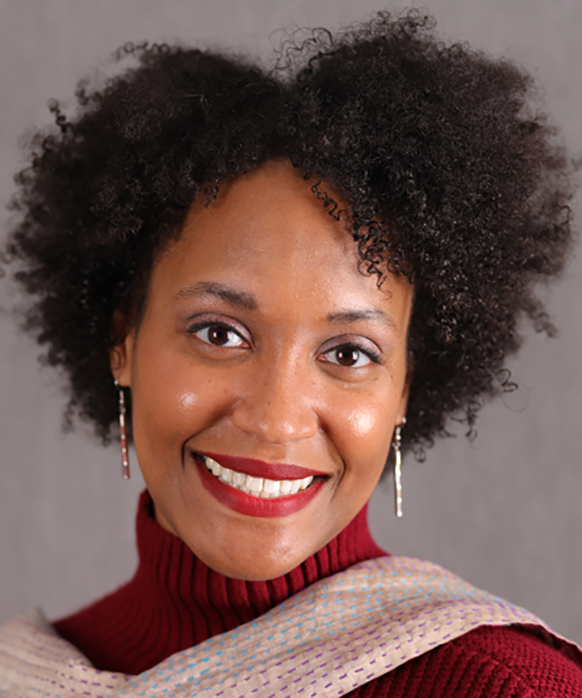
Erica Richardson
Baruch College, English
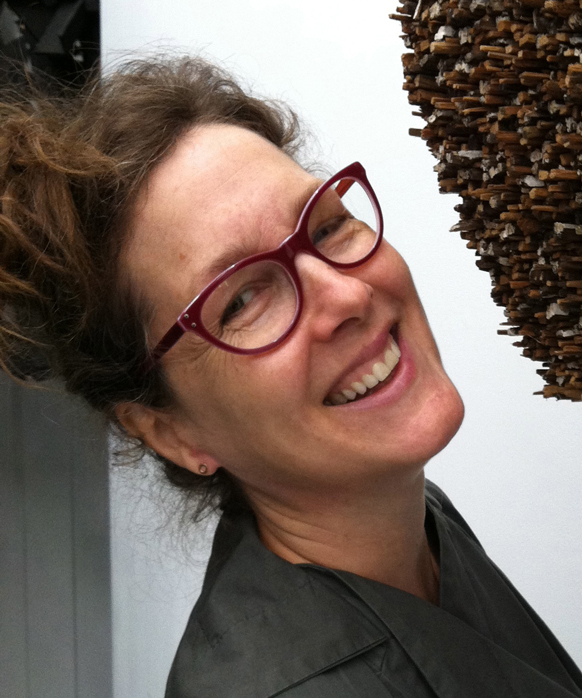
Emily Ripley
Queens College, Drama, Theater, and Dance
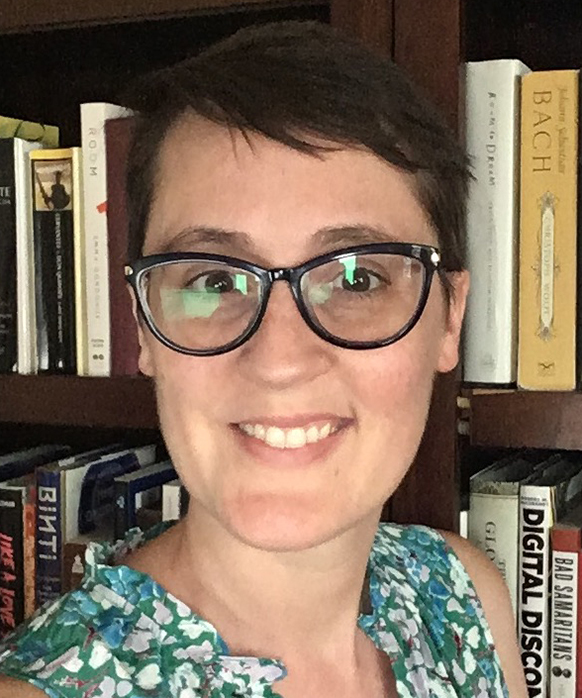
Rebecca L. Salois
Baruch College, Black and Latino Studies
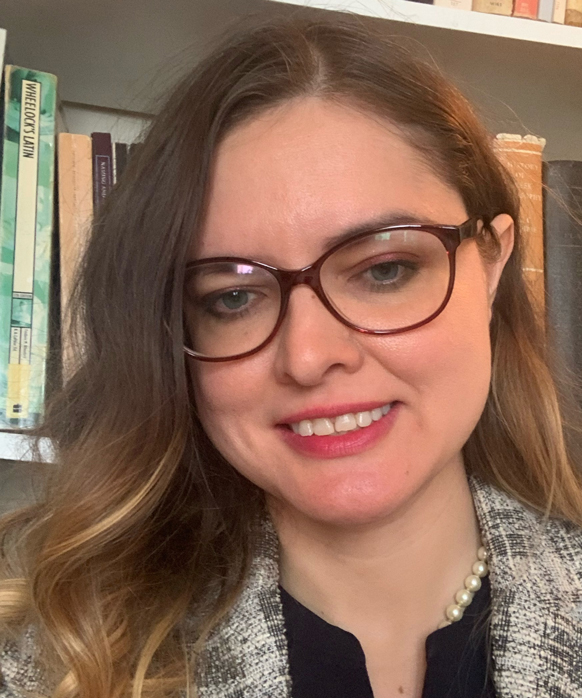
Casandra Silva Sibilin
York College, History, Philosophy, and Anthropology
2022 – 2023 Faculty Fellows
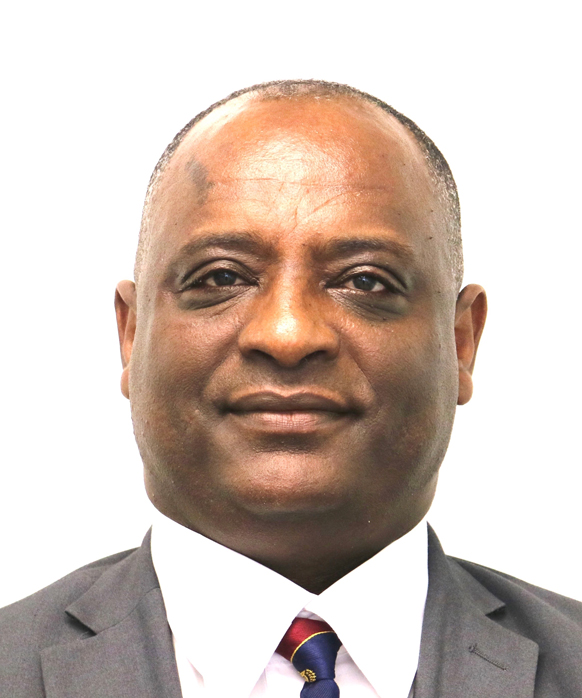
Asrat Amnie
Hostos Community College, Education
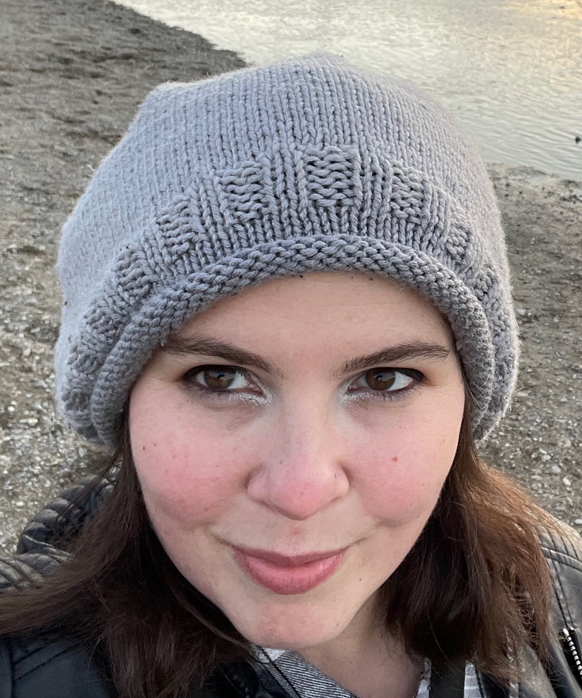
Shawna M. Brandle
Kingsborough Community College, History, Philosophy, and Political Science
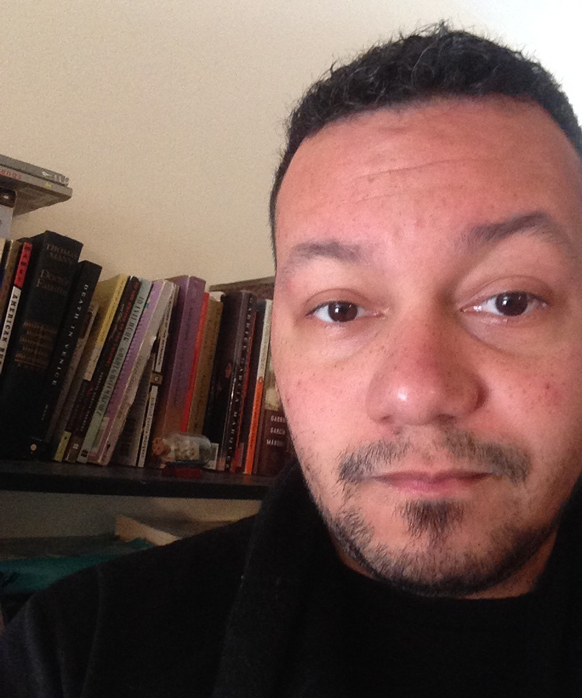
Joseph Cáceres
Baruch College, Black and Latino Studies
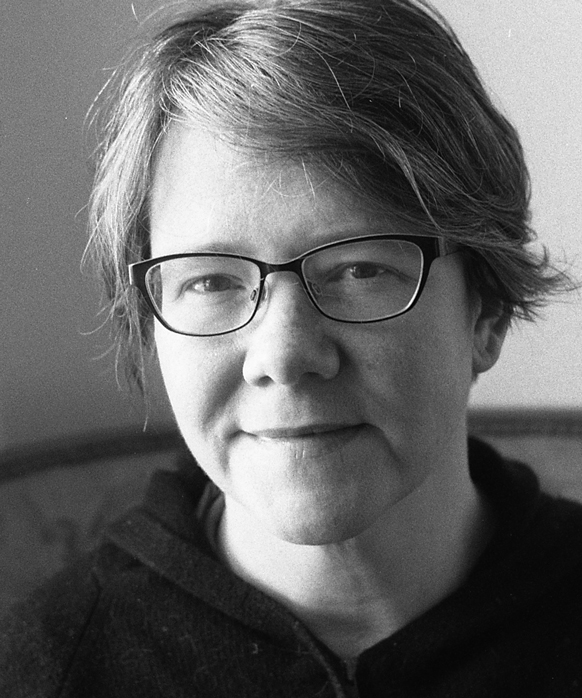
Katherine Culkin
Bronx Community College, History
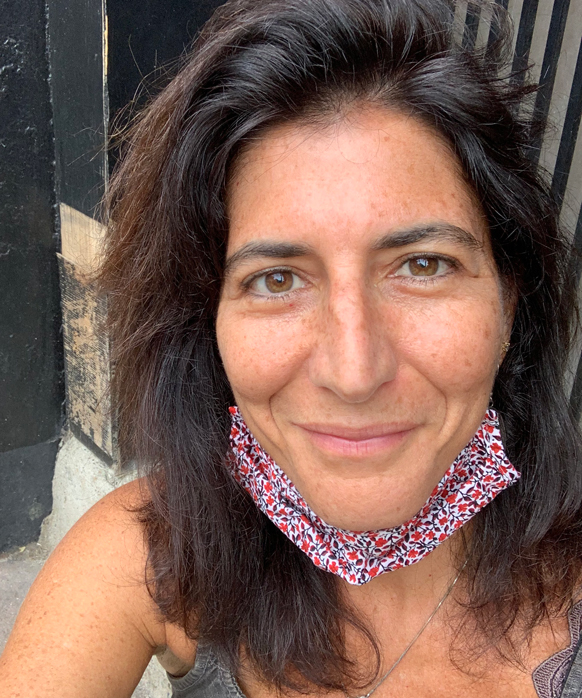
Bertie Ferdman
Borough of Manhattan Community College, Speech, Communication, and Theatre Arts
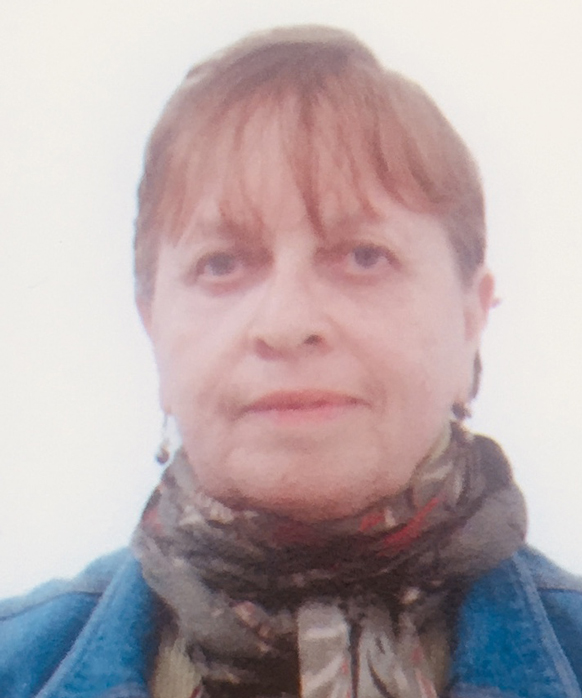
Alcira Forero-Pena
LaGuardia Community College, Social Science
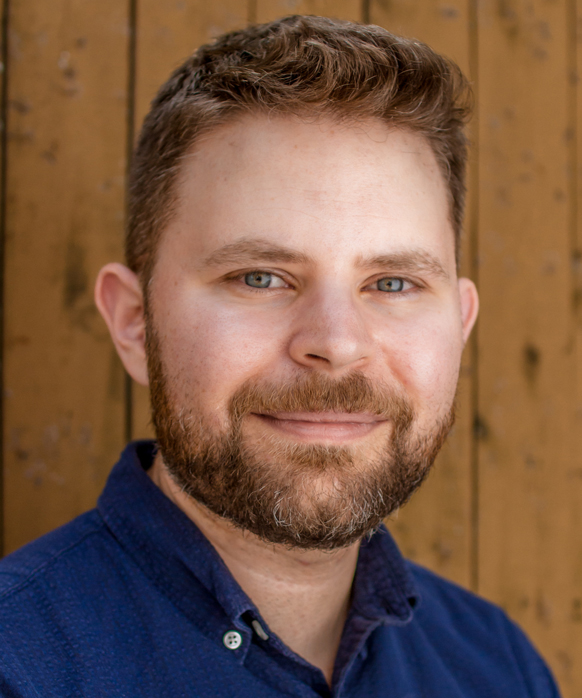
Theodore (Ted) Gordon
Baruch College, Fine and Performing Arts
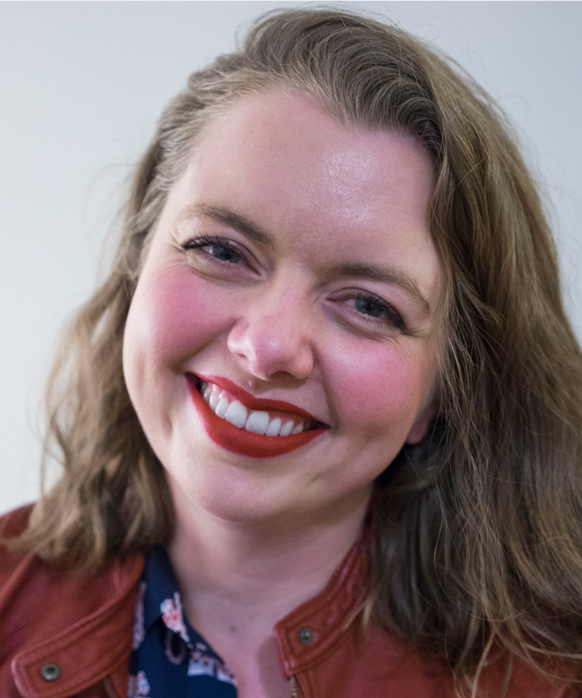
Stephanie Insley Hershinow
Baruch College, English

Sharon Jordan
Lehman College, Art Department
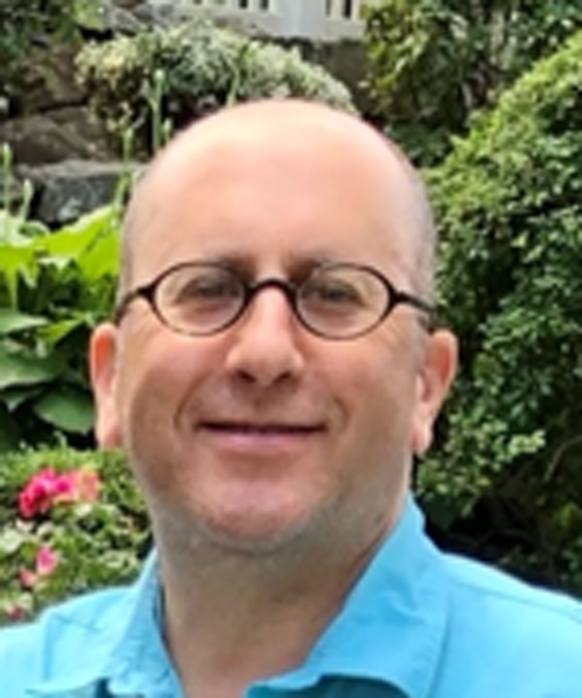
Ted Kesler
Queens College, Elementary and Early Childhood Education
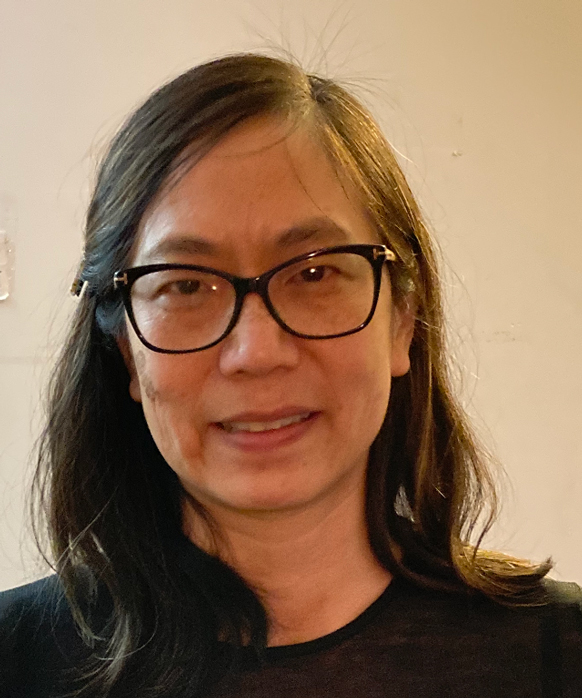
Lynn Lu
CUNY Law School, Law
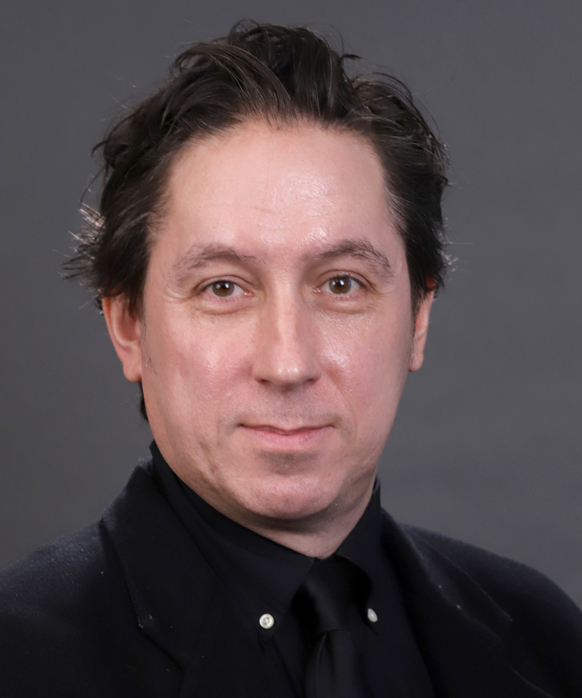
Dino Sossi
School of Professional Studies, Communication and Media
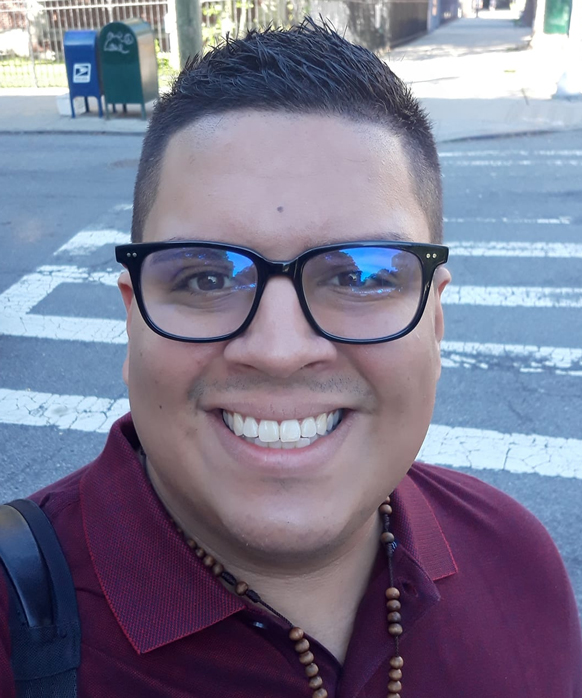
Joseph A. Torres-González
Brooklyn College, Department of Anthropology

Lori Ungemah
Guttman Community College, Humanities
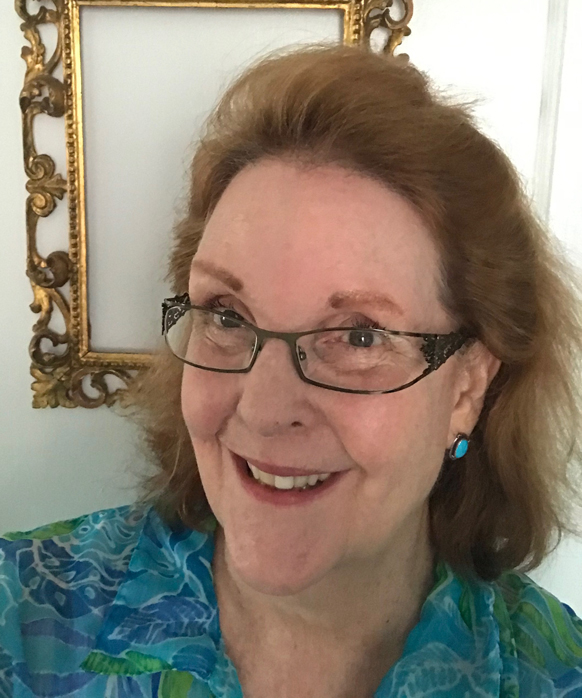
Noelle Warden King
Bronx Community College, Art and Music
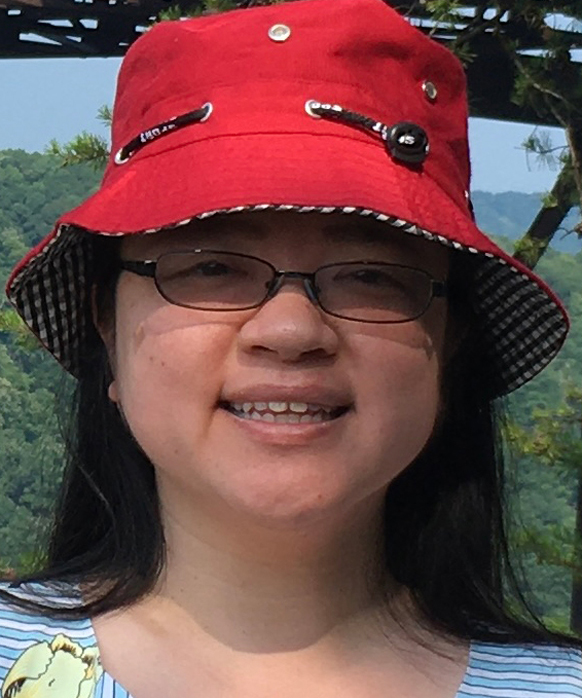
Yan Yang
Borough of Manhattan Community College, Music and Arts
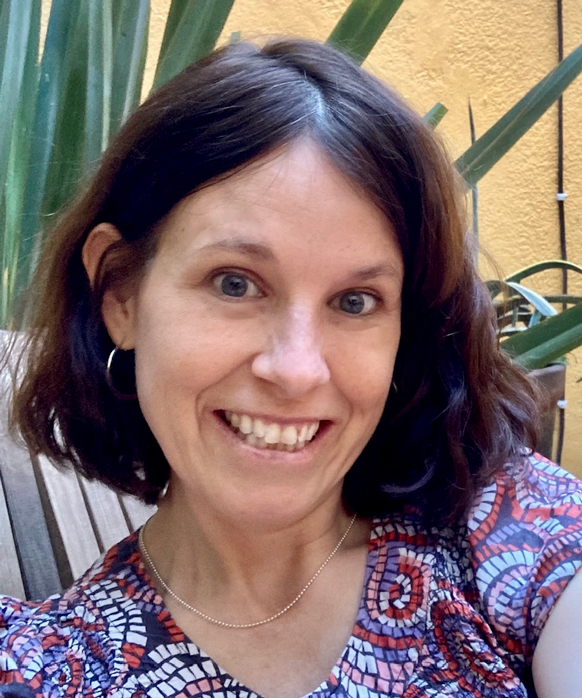
Sarah Pollack
College of Staten Island, The Graduate Center, World Languages and Literatures/ PhD Program in Latin American, Iberian and Latino Cultures
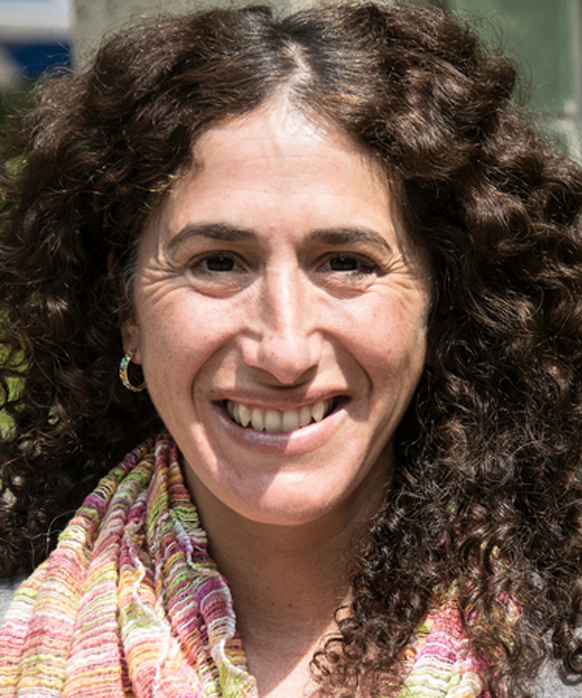
Jessica Yood
Lehman College, English
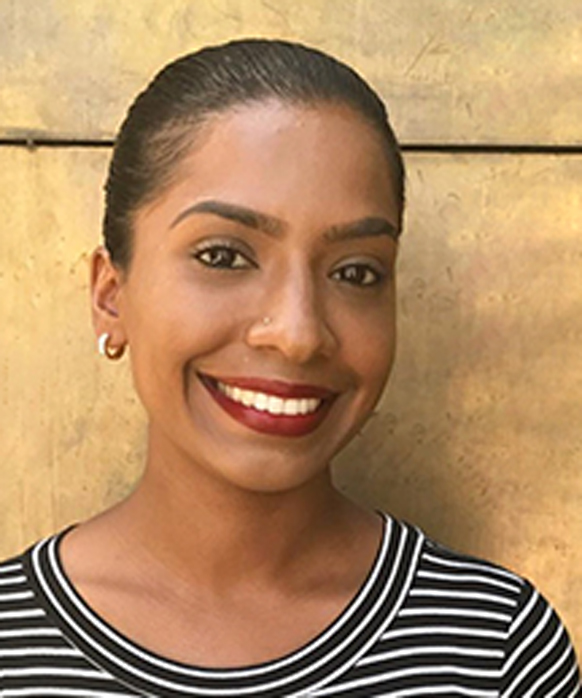
Popy Begum
John Jay College of Criminal Justice, Sociology and International Criminal Justice Program
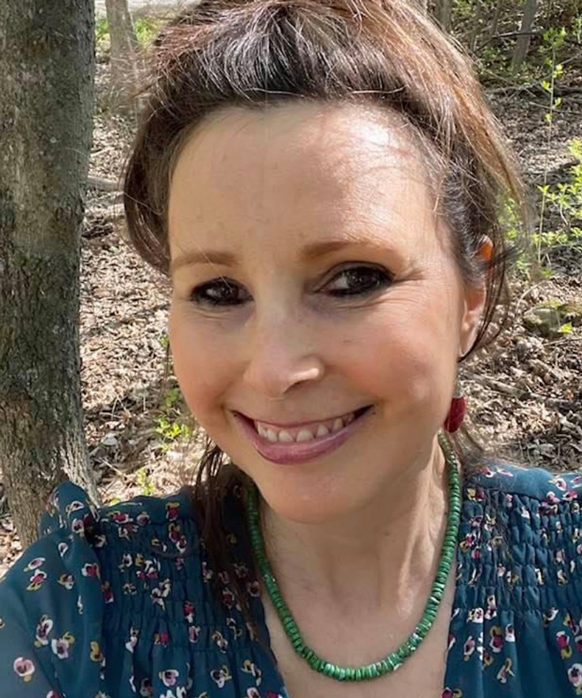
Julie Bolt
Bronx Community College, English
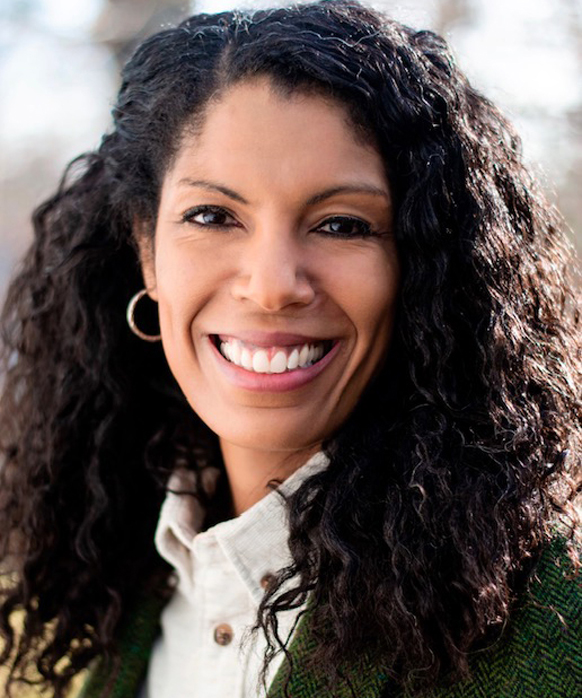
Victoria Bond
John Jay College of Criminal Justice, English
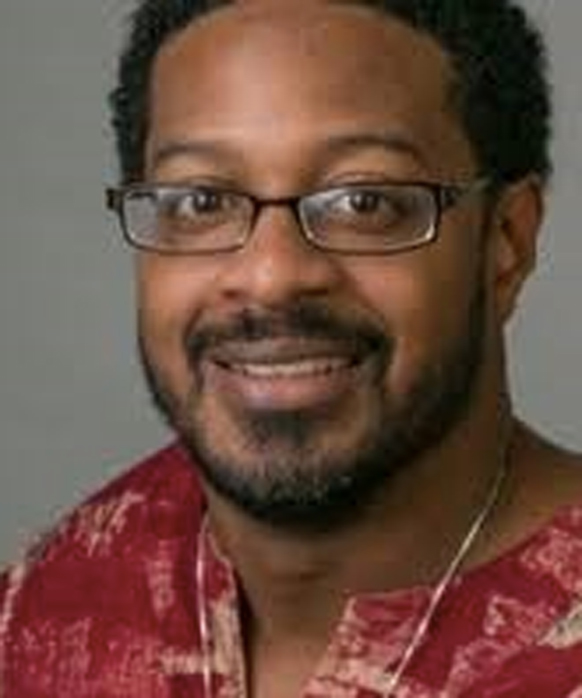
Karanja Keita Carroll
Baruch College, Black and Latino Studies
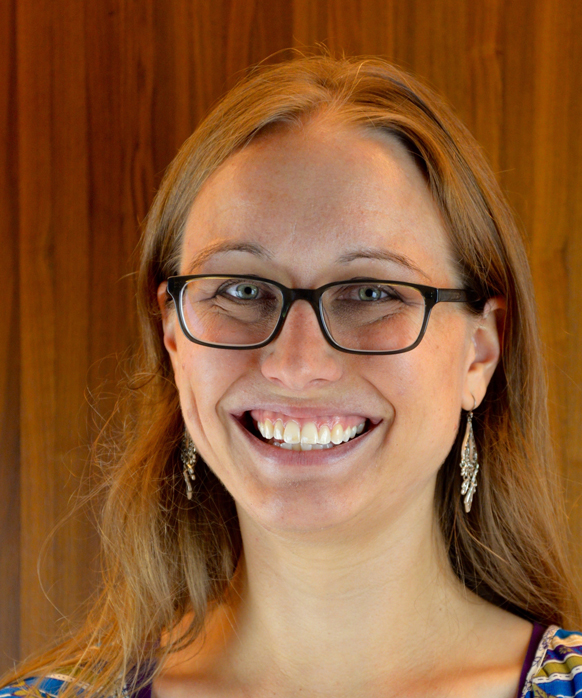
Tara Coleman
LaGuardia Community College, English
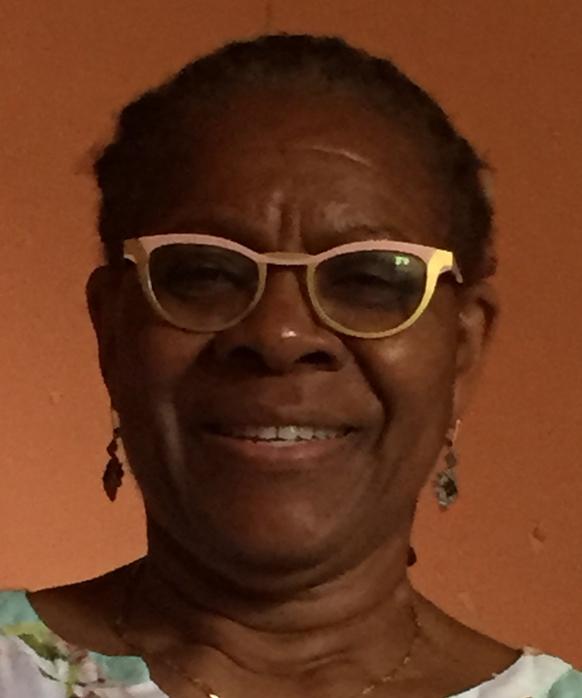
Marjorie Dunbar
York College, History, Philosophy, and Cultural Diversity
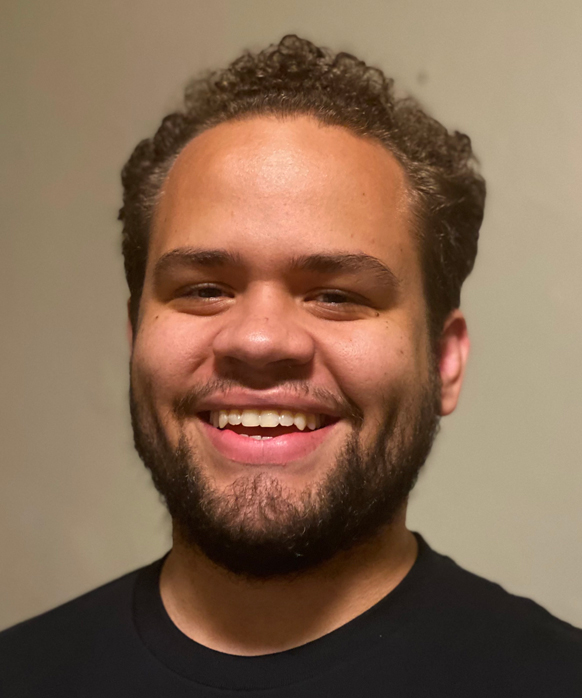
Luis Feliciano
Hunter College, Guttman Community College, Math and American Studies
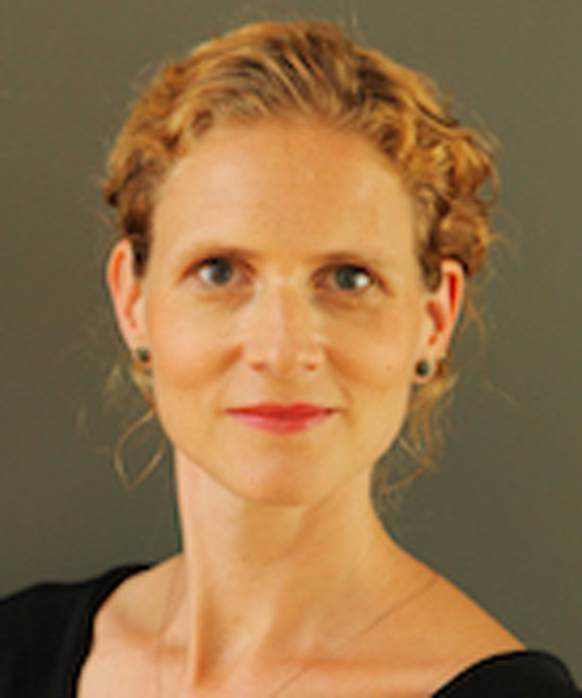
Mengia Hong Tschalaer
John Jay College of Criminal Justice, Anthropology

Alexis Jemal
Hunter College, Silberman School of Social Work
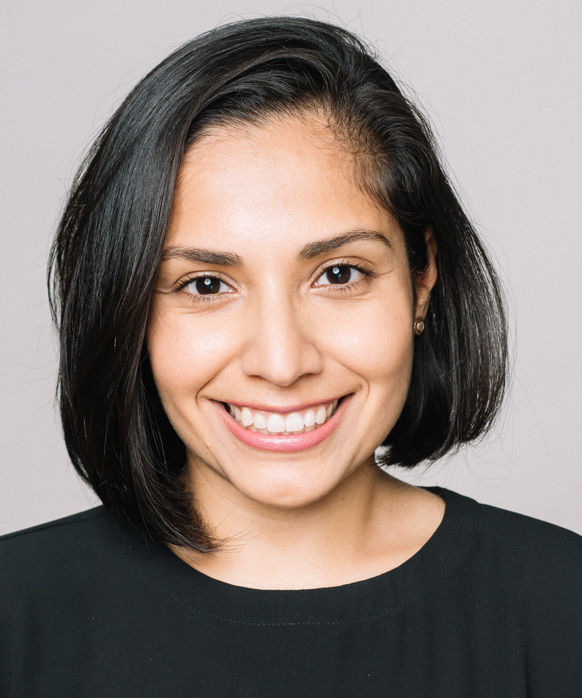
Carolina Julian
Brooklyn College, School Psychology, Counseling, and Leadership
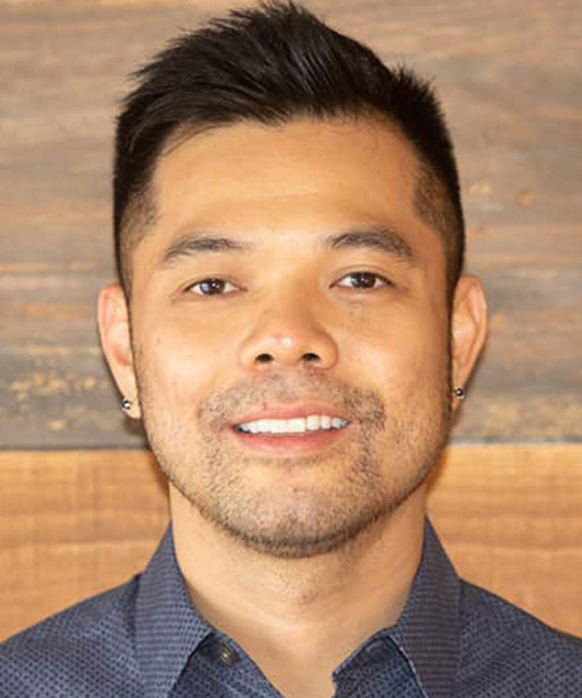
Khanh Le
Queens College, Linguistics and Communication Disorders
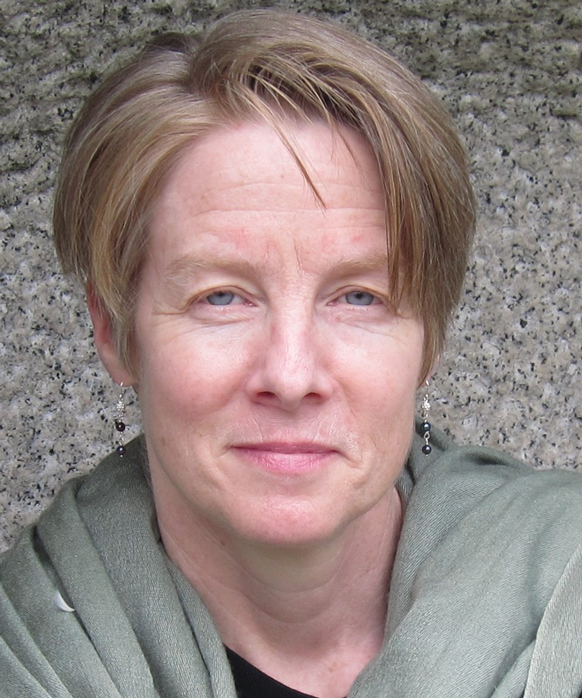
Jessica Nicoll
Hunter College, Dance Department
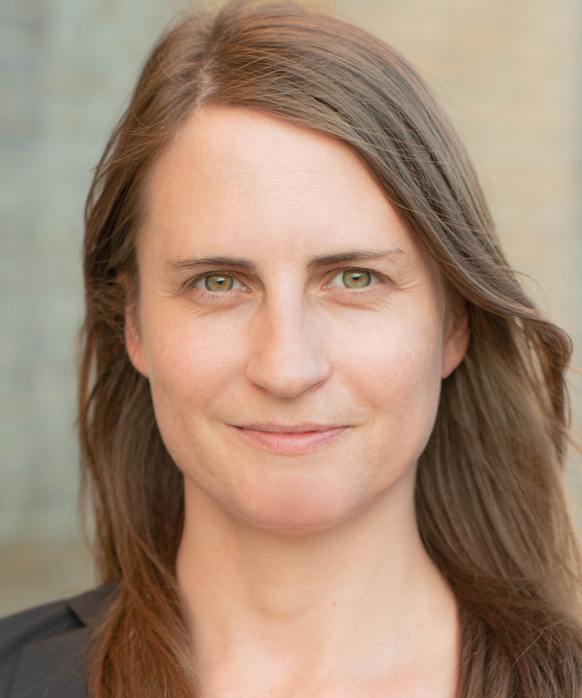
Erica Roe
Brooklyn College, English
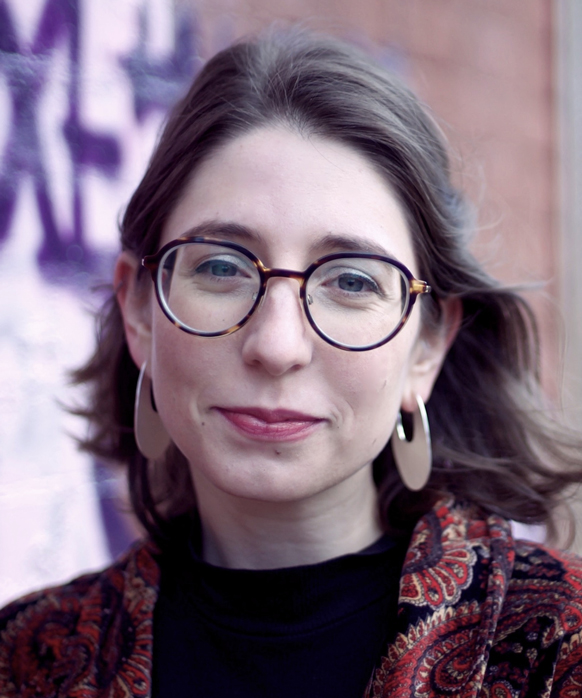
Madison Schindele
Queens College, Music
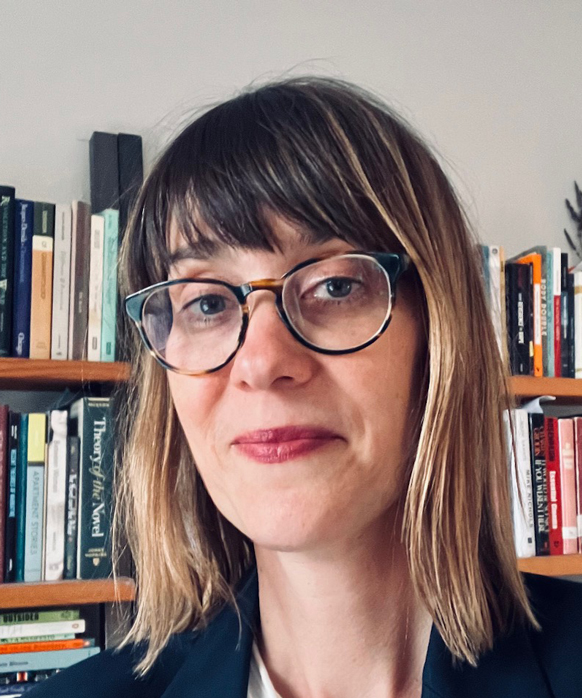
Elizabeth Alsop
School of Professional Studies, The Graduate Center, Communication and Media
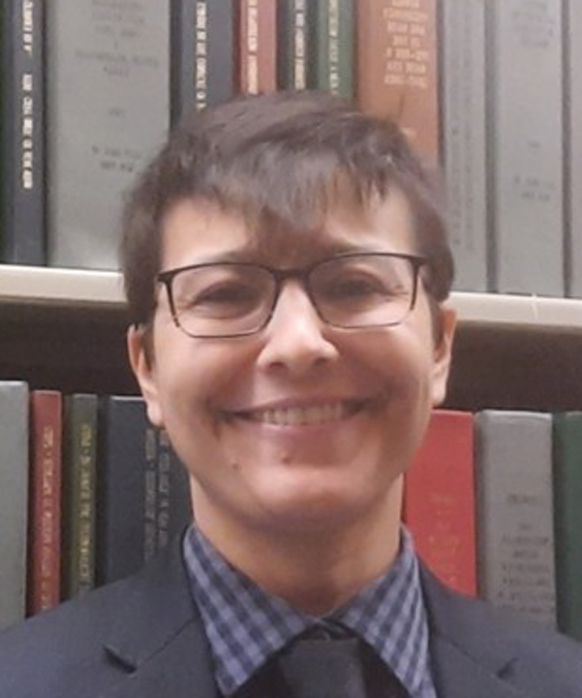
Elvis Bakaitis
The Graduate Center, Library
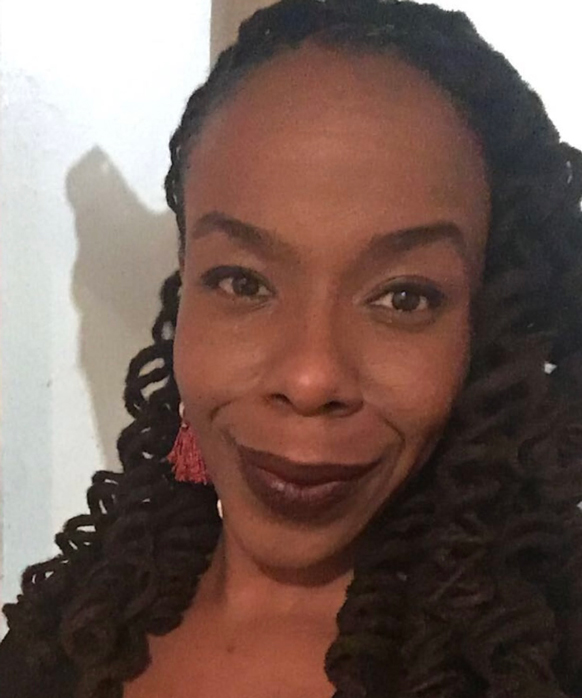
Cassandra R. Barnes
Graduate Center and Guttman Community College, Cultural Anthropology and Social Science
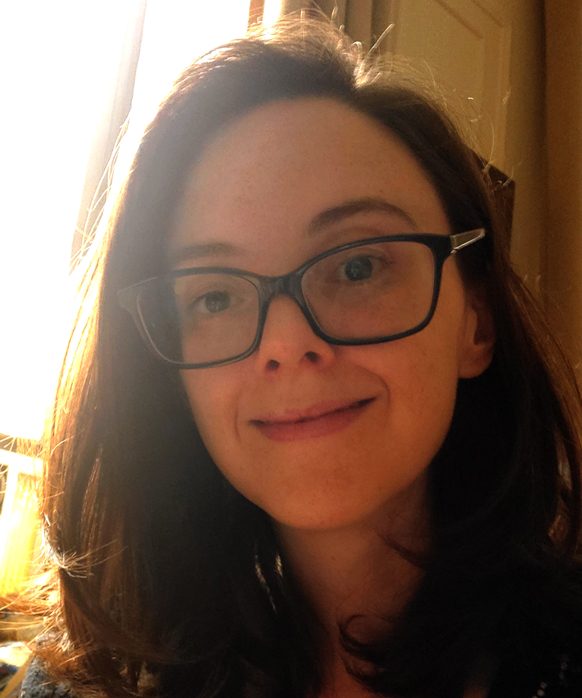
Laura Clarke
Guttman Community College, English
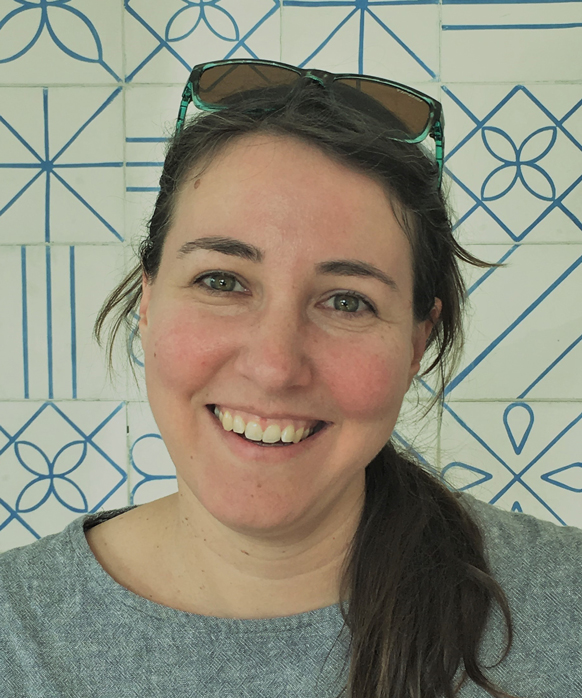
Sarah B. Cohn
City College, Library
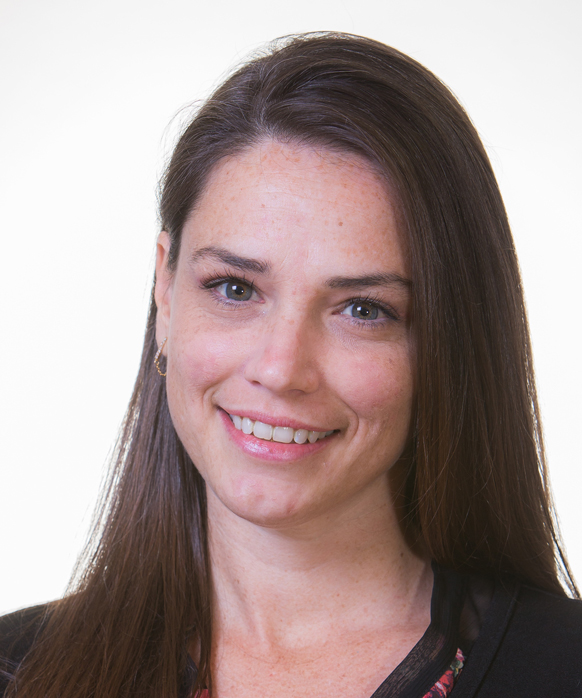
Melissa Dennihy
Queensborough Community College, English
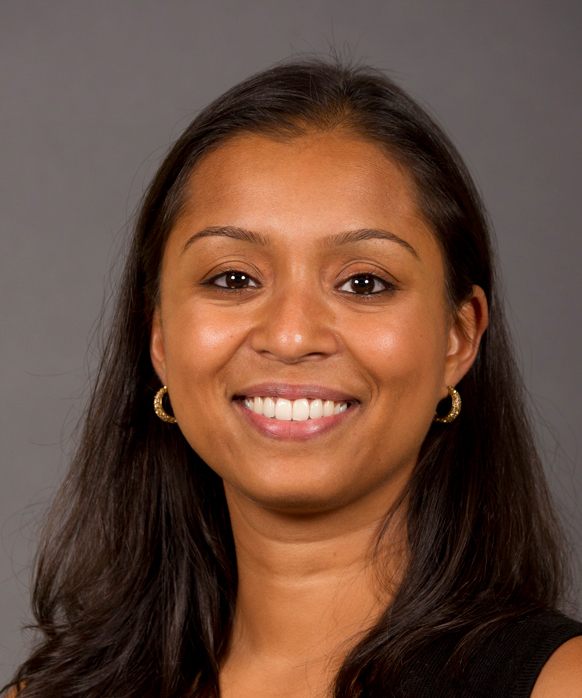
Anna D’Souza
Baruch College, Marxe School of Public and International Affairs
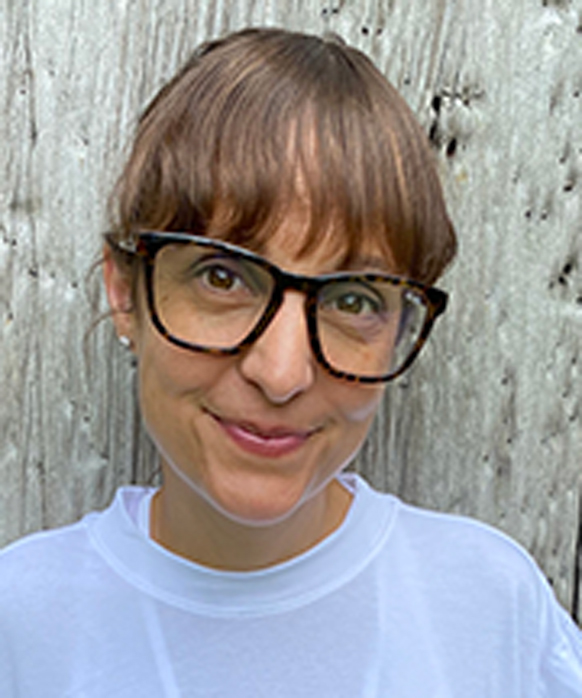
Meghan Gilbert
Guttman Community College, English
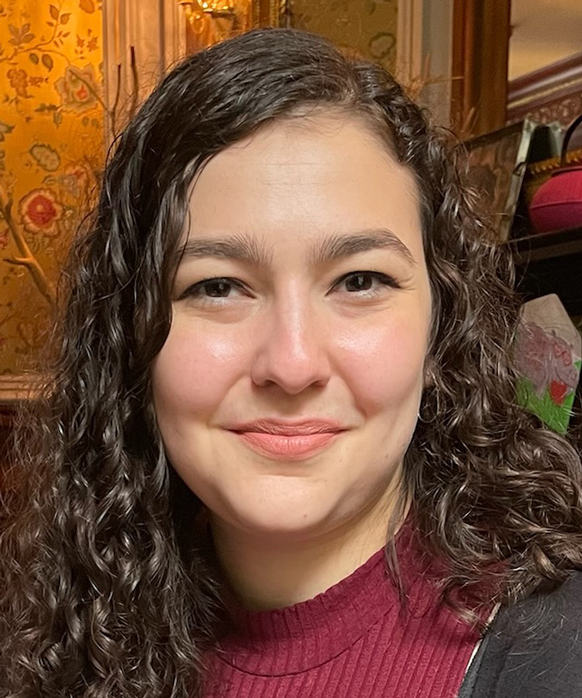
Farrah Goff
Queens College, English
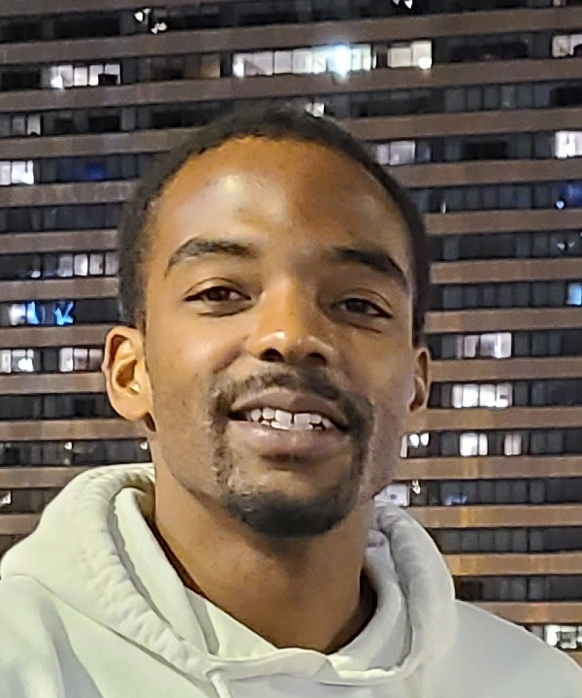
James Harris
Bronx Community College, English
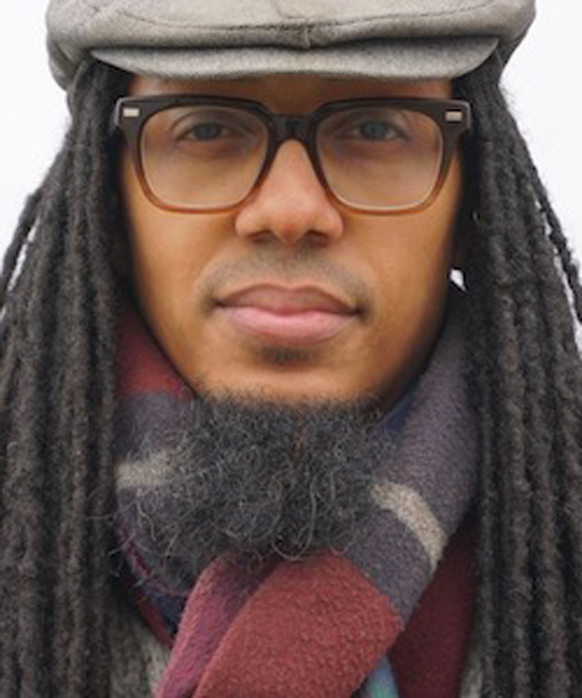
D’Weston Haywood
Hunter College, History
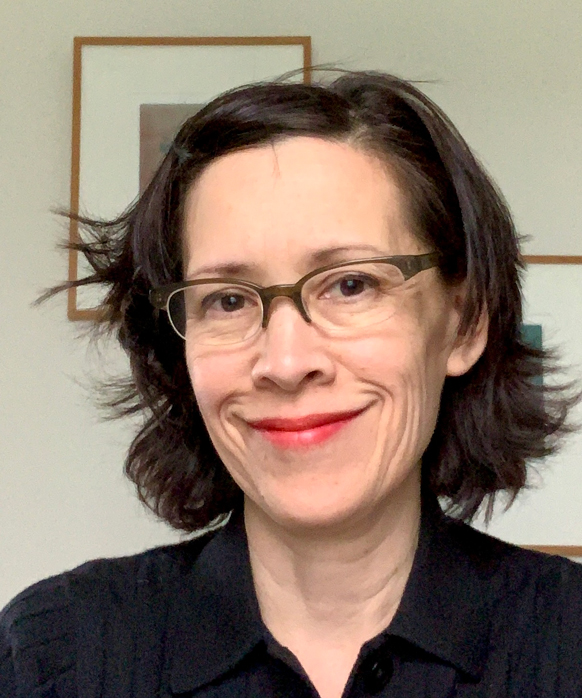
Nina Hien
School of Professional Studies, Communication and Media
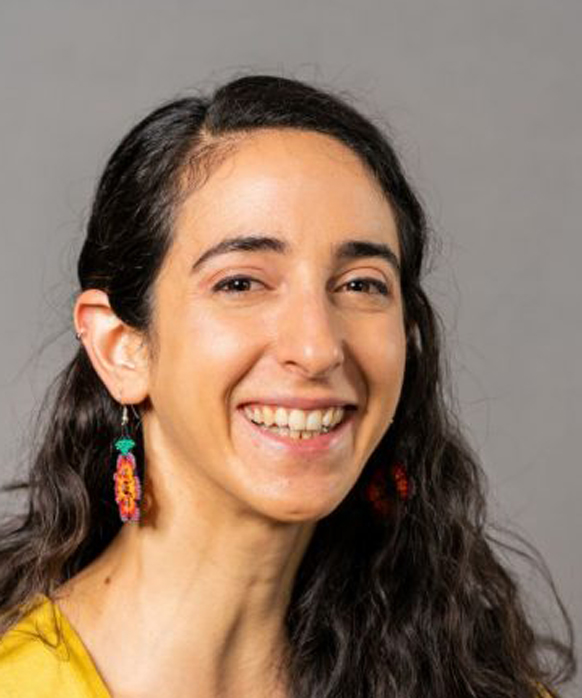
Laurie Lomask
Borough of Manhattan Community College, Modern Languages
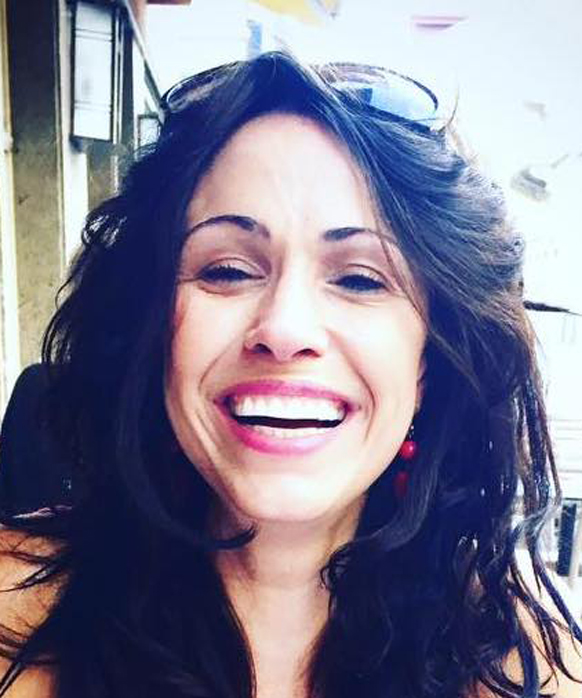
Christen Madrazo
John Jay College, English (Vertical Writing Program)
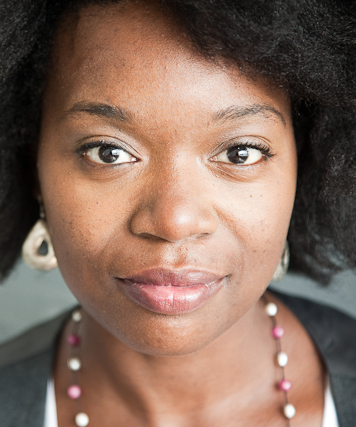
Syreeta McFadden
Borough of Manhattan Community College, English
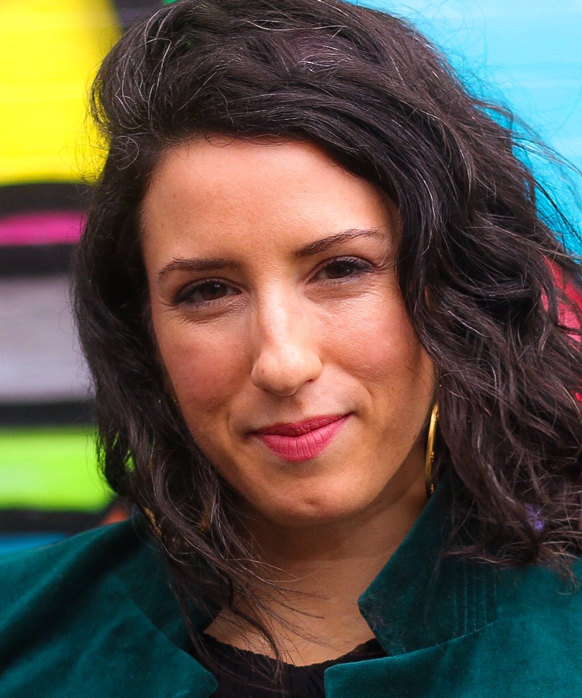
Natalie Nuzzo
Brooklyn College, Secondary English Education and English
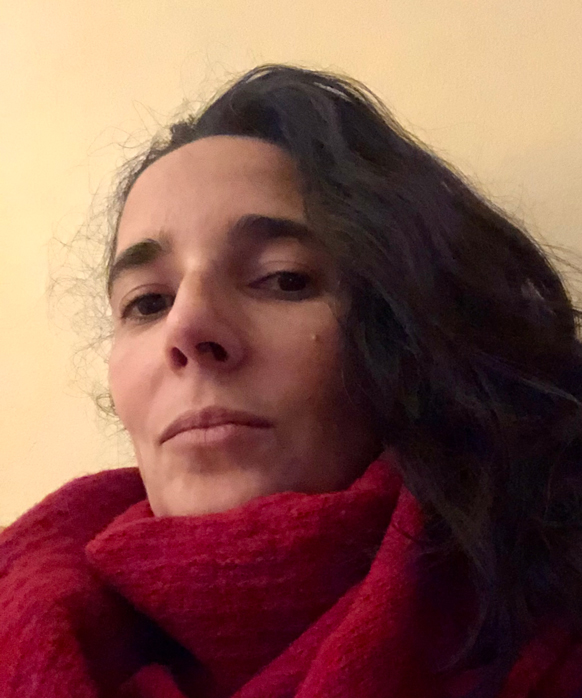
Emily Raboteau
City College, English
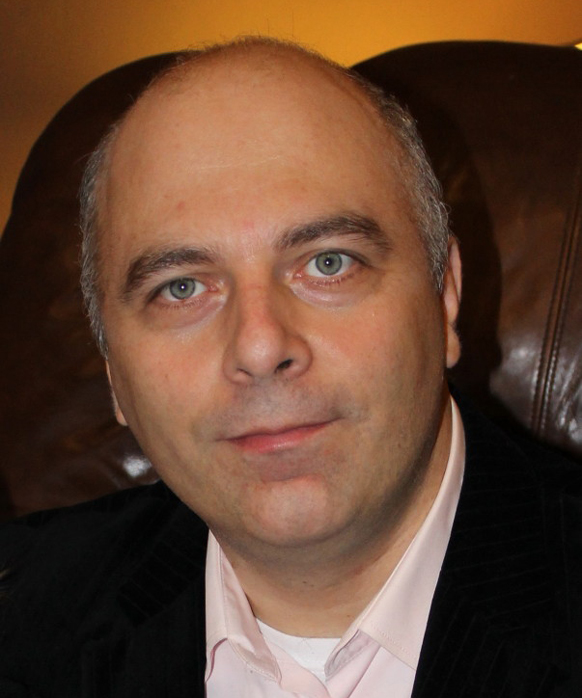
George Vachadze
College of Staten Island, Economics
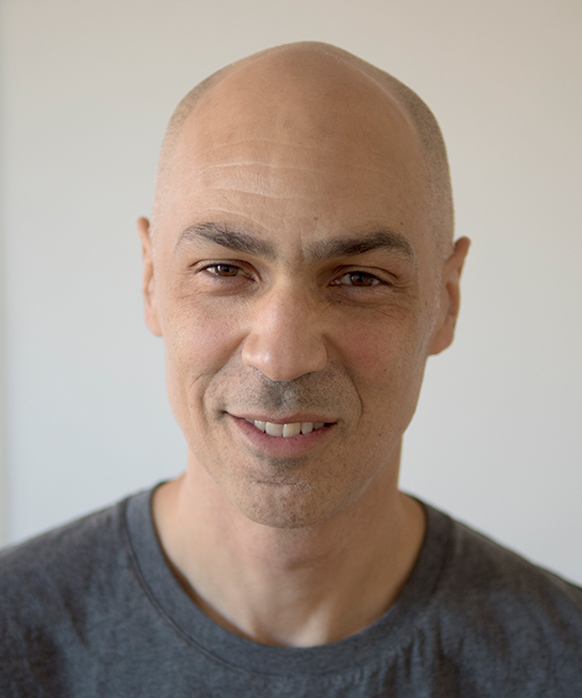
Roberto Visani
John Jay College of Criminal Justice, Art and Music
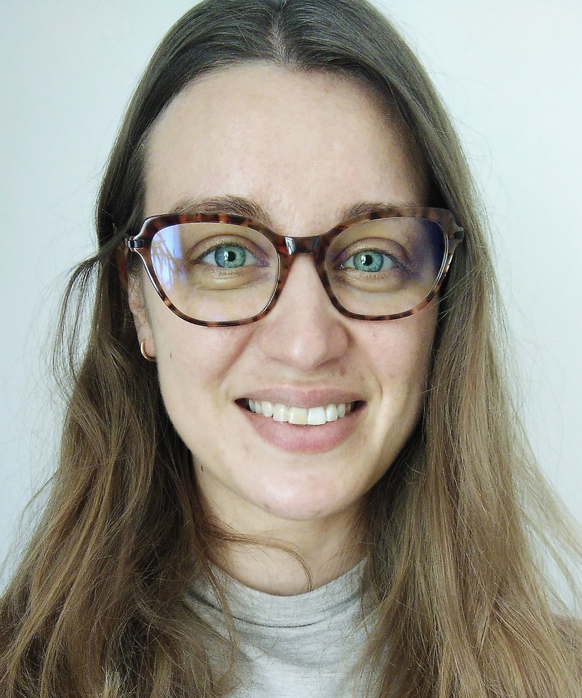
Manon Hakem-Lemaire
Baruch College, Comparative Literature and English
In this important hands-on section, TLH gives you valuable concepts and practical tools to join in the work of transforming classrooms across higher education. Below you will:
- Find out why and how active learning works
- Explore a selection of teaching activities you can use today in your classroom
- Familiarize yourself with the books TLH faculty fellows read to transform their teaching
We also encourage you to write and publish your own transformative texts. Take a look at some models authored by the TLH team:
- “Practicing the Equitable, Transformative Pedagogy We Preach” by Drs. Shelly Eversely and Cathy N. Davidson
- The New College Classroom by Dr. Davidson and TLH Associate Director, Christina Katopodis
- Further resources for teaching online, accessible course design, and active, transformative learning methods
- OpenEd CUNY, an Open Educational Resource (OER) from CUNY faculty
Why Active Learning?
Cathy N. Davidson, founding Faculty Co-Director of TLH, writes about why and how active learning works:
“If your personal goal is equality in a world where inequality is structural and violent and pervasive, engaged learning allows you to restructure your classroom with equality at the core. (Here’s the adage: You cannot counter structural inequality with good will; you need to create structures designed for equality.) You cannot structure all the rest of education or society–but you can at least start with your classroom as a place in which to model a better way. Engaged learning methods work. We’ve known at least since Ebbinghaus’s memory experiments of the 1880s that students (like all of us) forget up to 75% of the tested or “testable” content learned in a course within six days after taking a summative, high-stakes exam in a course. Active learning–peer-to-peer explanation, exchange, individual research on the topic, and methods described below–increase retention, understanding, and applicability well beyond the test.”
Read more here.
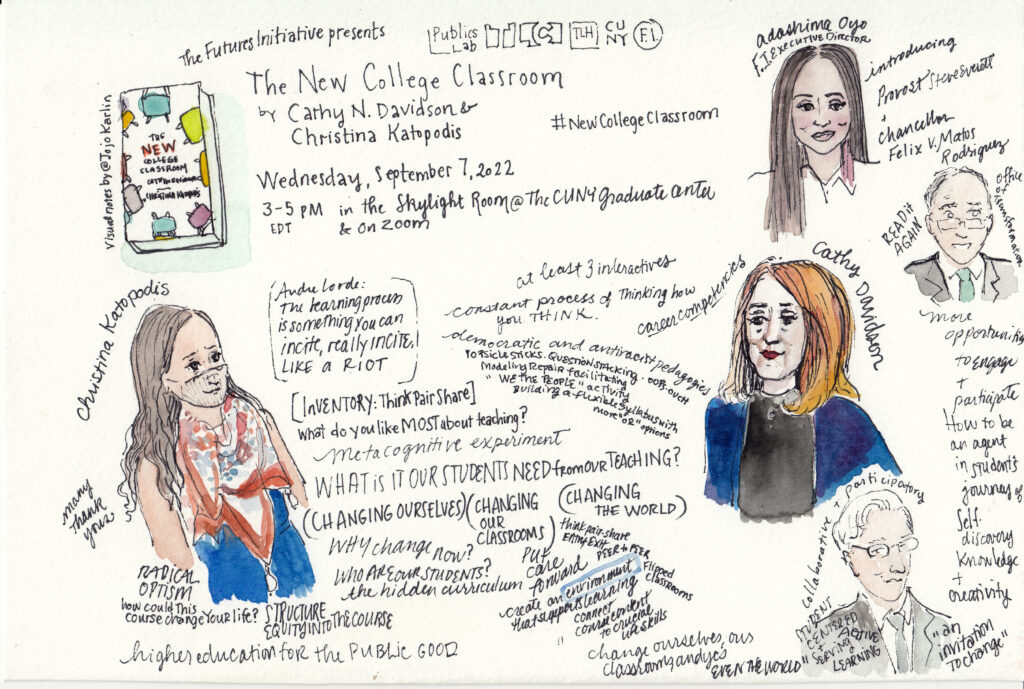
Activities
Think-Pair-Share
This can be done in person by handing out an index card to every participant or it can be done online. Hearing your own voice in a classroom—and witnessing being heard—is the beginning of taking responsibility for your own learning.
THINK: Ask a question (e.g., “What are your learning goals for this semester? What do you want to learn from this class that you could take with you?”) and set a timer for 90 seconds. Everyone takes 90 seconds to jot down 1-3 things in response. [Note: this step is important because everyone writes down something original and true for them, avoiding “group think” or following the majority.]
PAIR: When time is up, ask everyone to get together in groups of two or three to share what they wrote down and discuss together for 90 seconds (set another timer for this; remind them to switch speakers halfway through). One person reads their card out loud; the other listens without interrupting. Then they switch roles. Everyone has one opportunity to speak uninterrupted and one opportunity to listen uninterrupted. After the pair has listened to one another, they then (still within the 90 seconds) work quickly together to synthesize or choose one thing they will “share,” together, with the larger class.
SHARE: If the group is small, you can go around and have each pair read rapidly what they came up with, sticking to what is on the card. In a very large lecture class or a Zoom room, each pair can share in a Google Doc or in the chat.
Entry/Exit Tickets
This exercise is based on the same student engagement principles as Think-Pair-Share. Entry tickets work well for in-person or remote classrooms to get a quick idea of what students are thinking of. Exit tickets use the same method, but instead show what worked or did not work in a class. For both entry and exit tickets, hand out index cards for students to jot down ungraded, spontaneous prompts in a few minutes.
ENTRY TICKETS: In almost any kind of class, open-ended questions work as entry tickets. Questions such as, “What was the most difficult part of this week’s assignment?” or “What did you read this week that you’re still thinking of?” or even, “Invent a prompt of your own. 90 seconds.” In a virtual classroom, entry tickets create community across distance. In small settings, you can share tickets in a “popcorn” fashion: after a student responds, they randomly choose another student to share after them, and so on. You can even put all responses in a collaborative online document. Entry tickets can even be used as a way of taking roll.
EXIT TICKETS: Exit tickets can be done with all class sizes, even in large lecture settings. It can also be used as an alternative to roll call or pop quizzes. At the end of class, have students write down an idea they’re still thinking of from class or a lingering question they have. If students do not have anything memorable to write, ask them what an unforgettable topic for the class might be. You can begin the next class by drawing on your students’ responses. For online settings, you can do this via email or using a discussion board.
Collaborative Manifesto
This exercise is inspired by designer Bruce Mau and his book, Bruce Mau’s 24 Principles for Designing Massive Change In Your Life and Work. Mau writes, “Write down what you want to do with the rest of your life in the next three minutes.” This can be done by giving students this question as a short writing prompt. Their responses can be personal, related to their education, or anything that comes to mind for them. Have each student stand and read their manifesto. Reading aloud, students can discover the “hidden beauty” in the room with them that Mau writes about in his book.
This exercise is not limited to students; it’s for all of us. We can all use this exercise to transform our departments and start by imagining the future we want. At TLH, Professors Cathy N. Davidson and Shelly Eversely did this collaborative manifesto activity in a shared, live-edited Google document with 51 faculty representing over 20 unique disciplines and 18 two and four year colleges across CUNY.
Flexible Syllabus with “Or” Options
Creating “or” options is careful and slow inventory work that builds a community in your classroom, whether in-person or online. Offering a syllabus with “Or” options (e.g., a midterm paper or biweekly reading reflections; a final paper or digital project) allows you to cater to every student. Have a discussion about accessibility using small-group and class-wide deliberations, and use consensus voting to make amendments to your syllabus. Don’t just go with majority decisions, but take suggestions into consideration to create “or” options for course requirements. You can also survey your students prior to the first day of classes or use a Think-Pair-Share activity on the first day to generate a co-created shared document. You can also add in “or” options when you initially create your syllabus to cater to more students and meet them where they are.
Reading List
2021-2022 Book List
Bruce Mau, MC24: Bruce Mau’s 24 Principles for Designing Massive Change in your Life and Work
Susan D. Blum, ed., Ungrading: Why Rating Students Undermines Learning (and What to Do Instead)
Felicia Rose Chavez, The Anti-Racist Writing Workshop
Toni Cade Bambara, “Realizing the Dream of a Black University” and Other Writings, Parts I and II, CUNY Lost and Found
June Jordan, “Life Studies,” 1966-1976, CUNY Lost and Found
Audre Lorde, “I Teach Myself in Outline,” Notes, Journals, Syllabi and an Excerpt from Deotha, CUNY Lost and Found
2022 – 2023 Book List
bell hooks, Teaching to Transgress: Education as the Practice of Freedom
Susan D. Blum, ed., Ungrading: Why Rating Students Undermines Learning (and What to Do Instead)
Bettina L. Love, We Want to Do More Than Survive
Twyla Tharpe, The Creative Habit: Learn it and Use it for Life
Lorgia García Peña, Community as Rebellion: A Syllabus for Surviving Academia as a Woman of Color
Kiese Laymon, How to Slowly Kill Yourself and Others in America
Jarvis Givens, Fugitive Pedagogy: Carter G. Woodson and the Art of Black Teaching
Creative Licenses
When sharing your work online, like with the sample syllabi and assignments TLH faculty shared above, apply a Creative Commons license to your work to protect how it is shared, distributed and used by others. Below is a document on the different Creative Commons licenses:
TLH-Inspired Syllabi and Assignments
Latinas: A Social and Cultural Survey
The collaborative syllabus for the class, Latinas: A Social and Cultural Survey, was created by Dr. Rebecca L. Salois. This syllabus contains flexible options for students, class decisions on grading/ungrading, course participation, and required texts. This course focuses on social and economic conditions of Latinas in the United States.
This syllabus, created by Dr. Grace Pai for Teaching Mathematics in the Elementary School, contains ungrading, NACE career competencies, and a care statement. This course introduces mathematical content and effective teaching strategies for elementary school mathematics.
This syllabus is created by Professor Ted Kesler for The Early Development of Language and Literacy. This syllabus contains ungrading. The course explores language and literacy development in young children.
Choose Your Own Adventure
This syllabus is created by Professor Shawna M. Brandle for the course American Government and Politics. It contains self-grading assessments, options for assignments, and flexible due dates. This course is an introduction to political processes and theories of the American federal government and its major institutions.
Philosophy 202: Major Ideas and Issues in Education
Major Ideas and Issues in Education is inspired by TLH in several ways, including: class expectations agreement, weekly annotations and check-ins instead of quizzes, readings by June Jordan and Susan D. Blum (Ungrading), and a final oral presentation that students can transform into a public project and share via CUNY Commons.
The syllabus for Global Contemporary Art is created by Professor Midori Yamamura. This syllabus contains ungrading. Global Contemporary Art introduces the arts in the America, Europe, Middle East, Asia, and Africa, exploring a range of artistic practices and investigating how arts from different geopolitical locations respond to contemporary issues and concerns.
Getting Consent from Your Students
When participating in a faculty program like Transformative Learning in the Humanities, your consent will be asked in order for your work to be shared and to get feedback, possibly through pre- and post- seminar surveys. As those in charge of the program ask you for your consent, ask your students for their consent to incorporate their work in your seminars and share their work online.
Faculty work goes beyond the important teaching we do in the classroom. TLH fellows are impacted not only as teachers, but as institutional leaders. Faculty fellows have gained experience:
- Designing curricula and innovative public programming
- Cultivating diversity and equity
- Expanding accessibility
- Producing digital communications
All of these skills support professional development and resonate with careers beyond the academy as well as with non-teaching positions within higher education.
Importantly, TLH encourages its leadership team and faculty fellows to publish their Scholarship of Teaching and Learning (SoTL), as you will see in the bibliography below.
TLH also prioritized recognizing the accomplishments of its fellows by sending formal letters to the leadership at their campuses (see the sample letter below). The TLH Executive Director sent fellows’ letters directly to their provosts and copied the faculty as well as the relevant department chairs and/or deans.

